MISSION STATEMENT
PROTECT, PRESERVE, AND RESTORE wild NATIVE FISH POPULATIONS THROUGH STEWARDSHIP OF THE FISH AND THEIR HABITATS
SOUTH CAROLINA NATIVE FISHES
South Carolina is home to eight major river basins, twelve major lakes, and six distinct geographic ecosystems from the Appalachian Mountains to coastal marshes. This diverse range of aquatic habitat is home to a variety of warmwater and coldwater native fishes. Like other southeastern states, South Carolina has a robust and diverse native fish assemblage. This includes one of the southernmost populations of native brook trout in the world which are found in the Blue Ridge Mountains. South Carolina has two species of native black bass (redeye bass and largemouth bass), more than nine species of native sunfish, as well as shortnose sturgeon, Atlantic sturgeon, and striped bass which migrate up coastal rivers. The state is also home to endemic nongame species such as the bluebarred pygmy sunfish. South Carolina’s state fish is the striped bass.
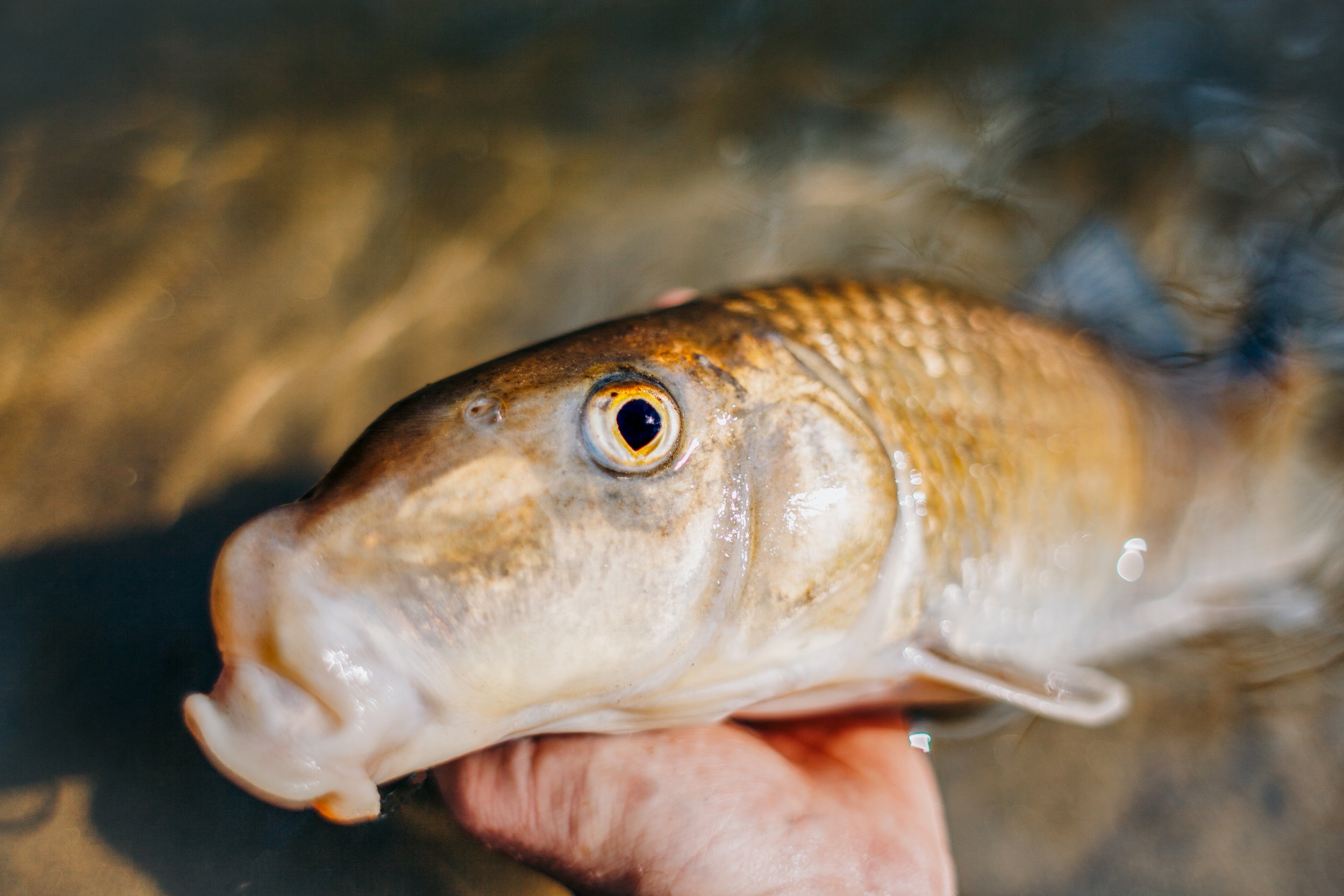
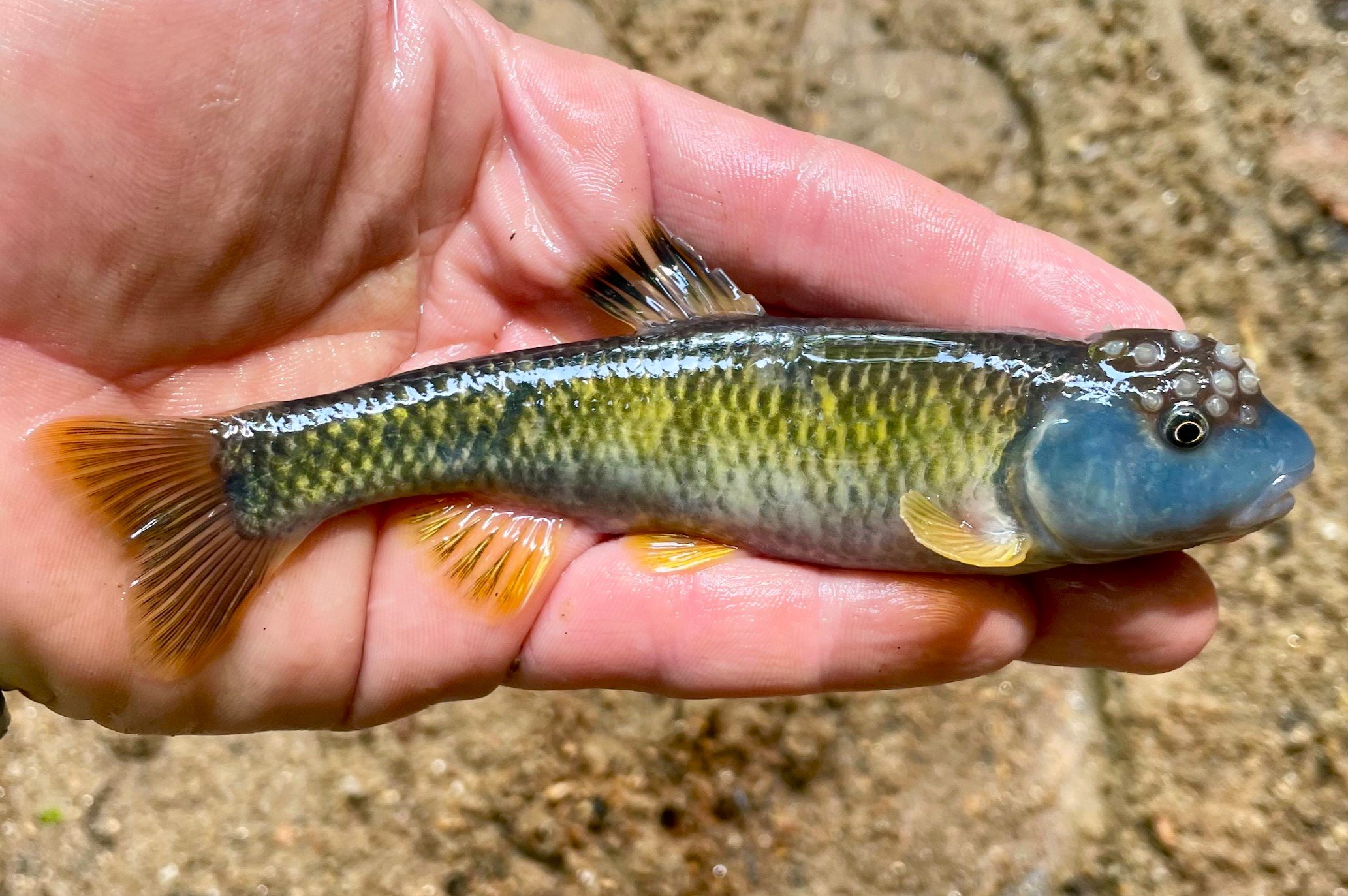

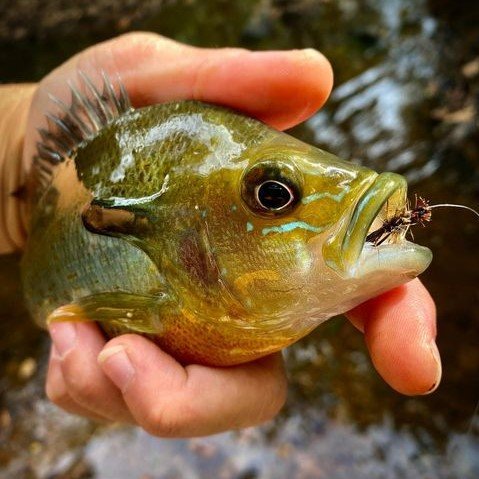
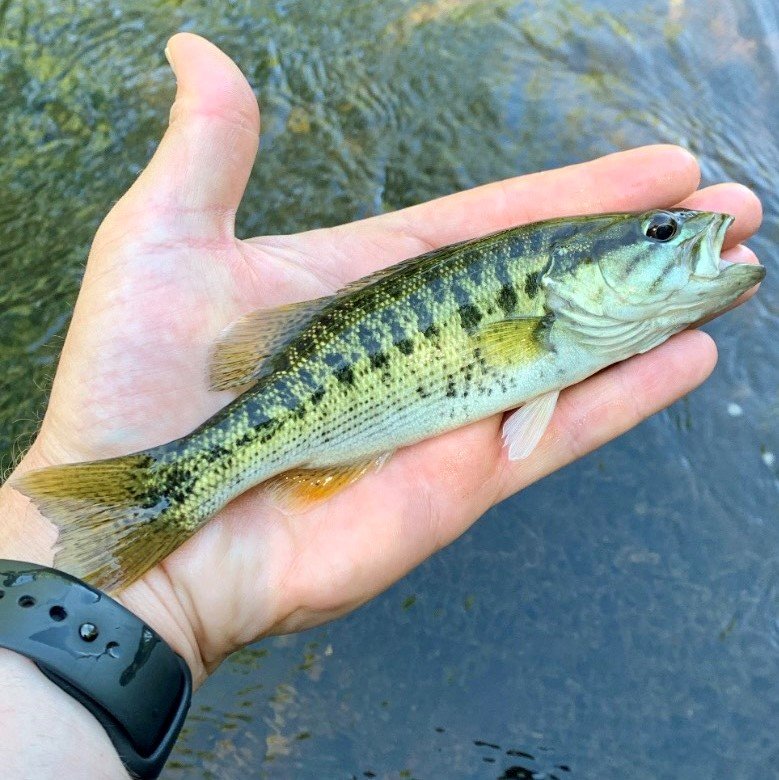
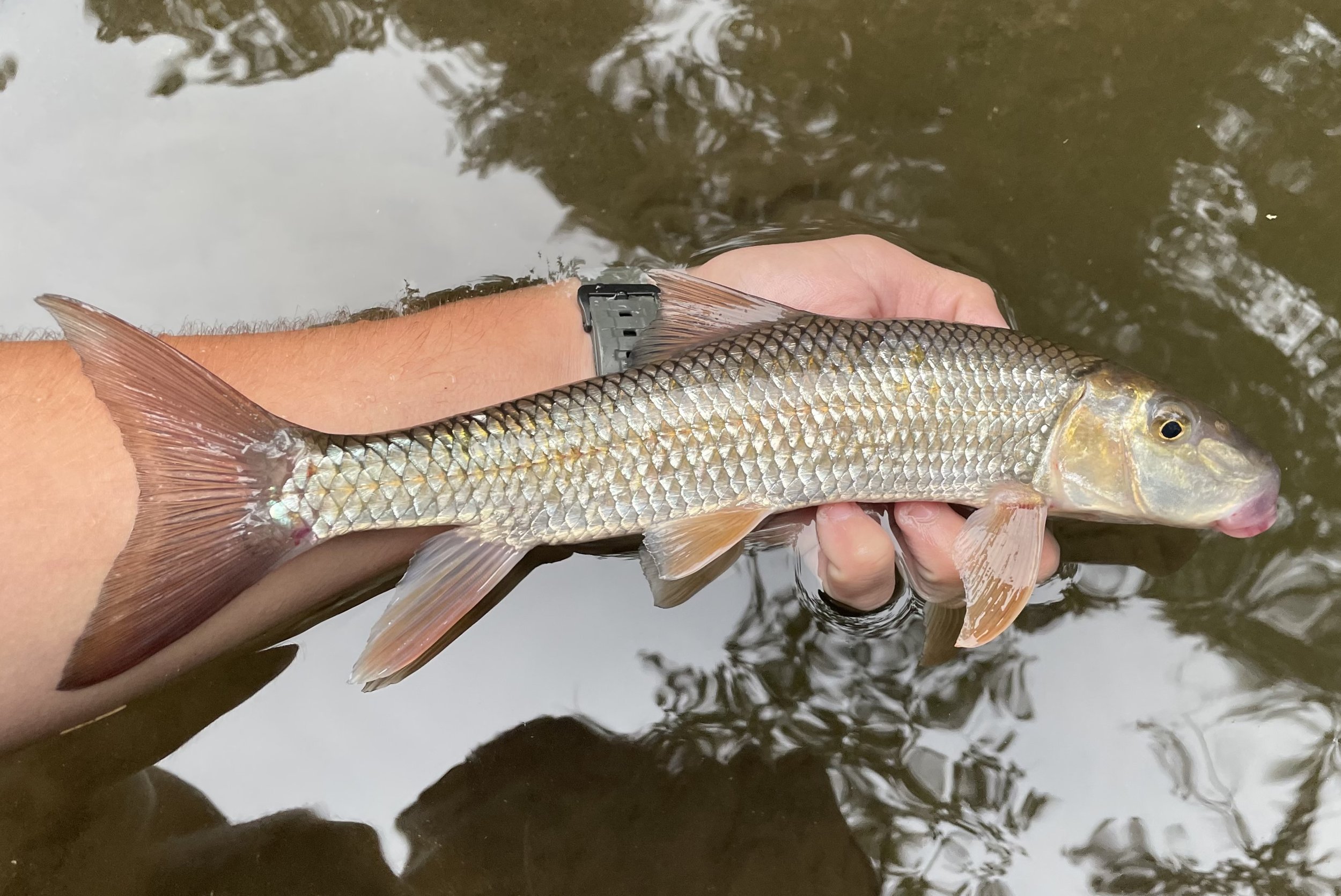

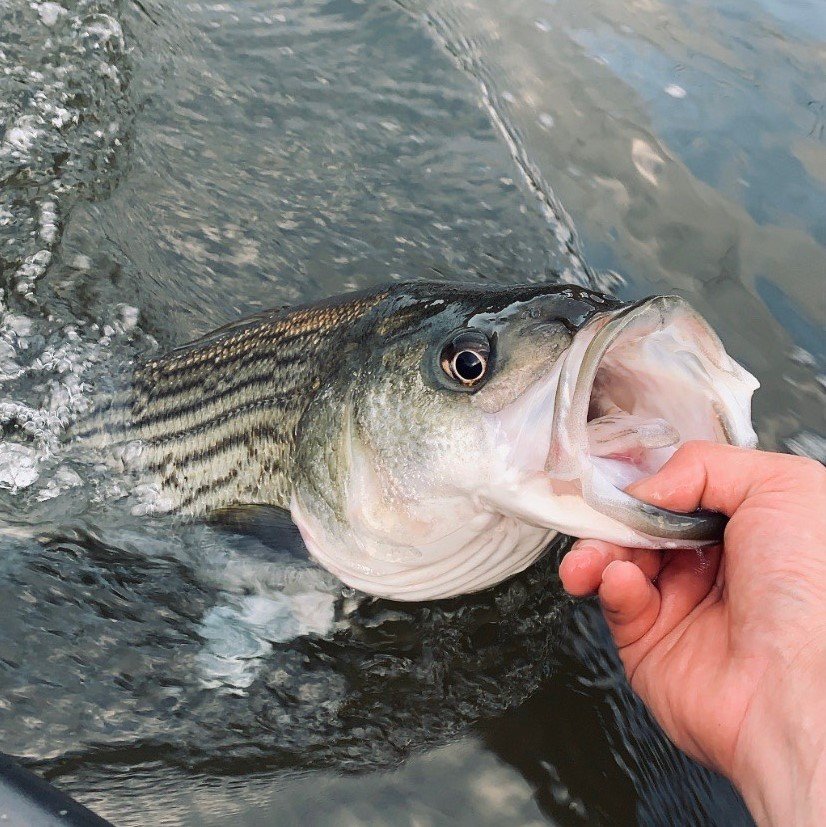

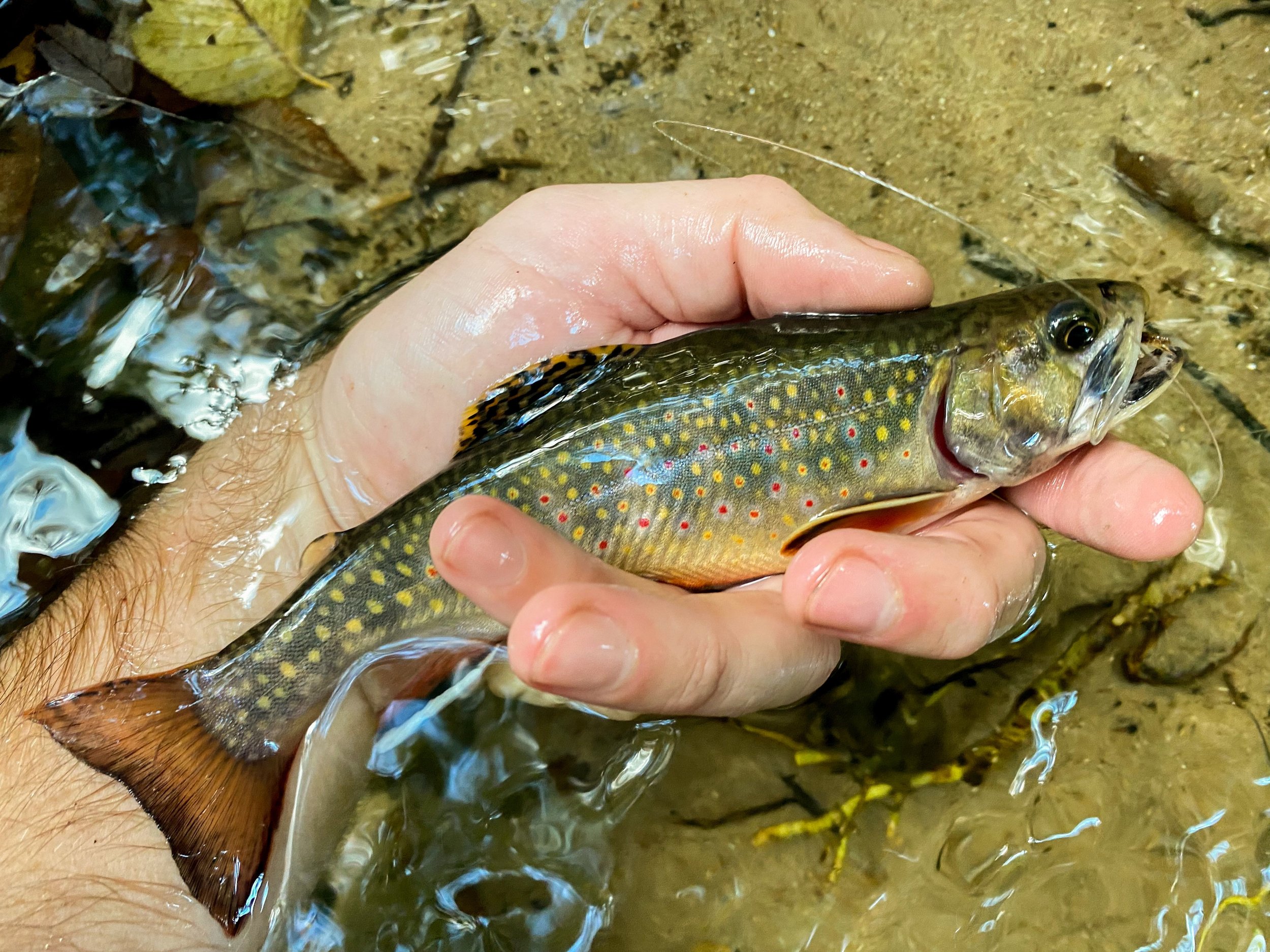
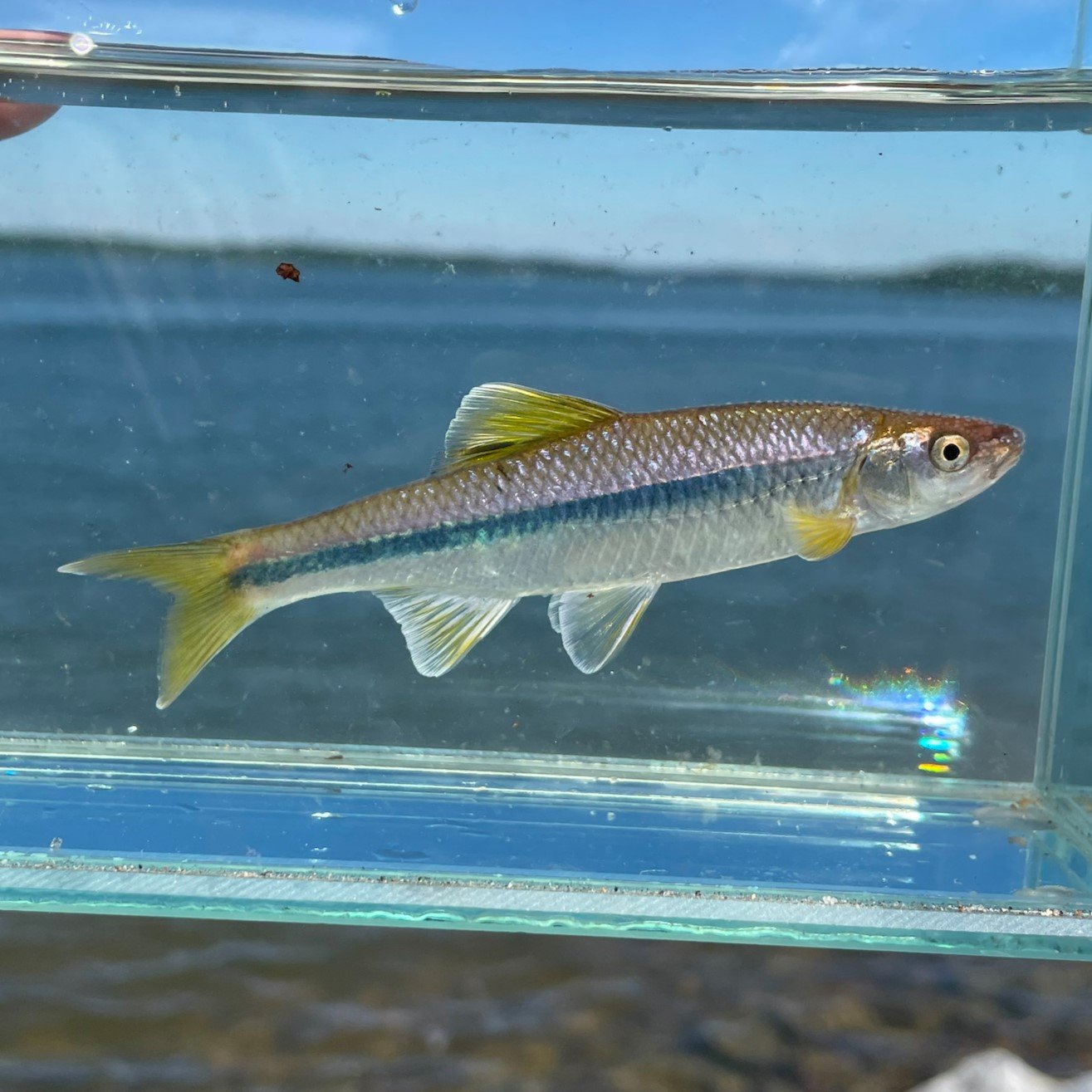
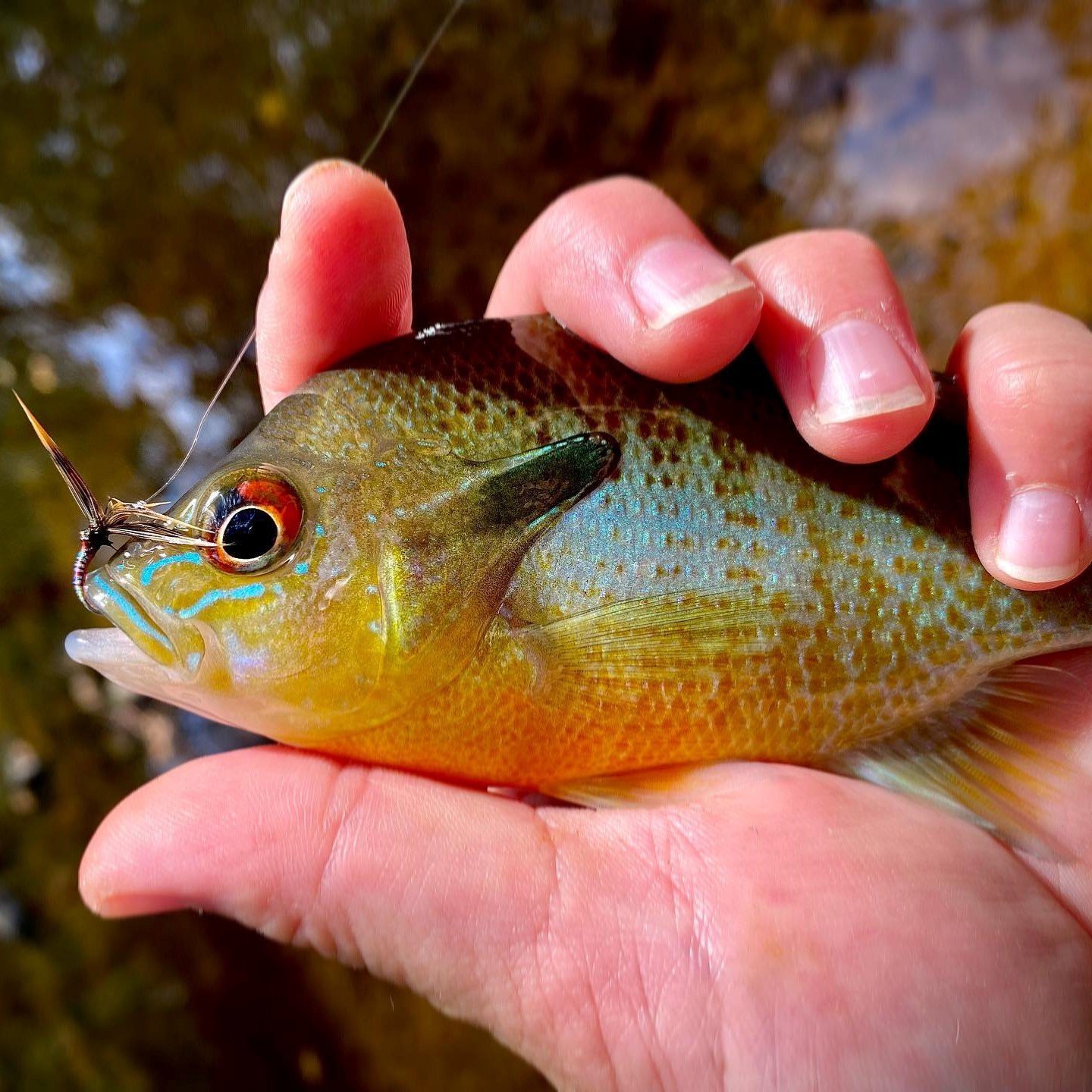
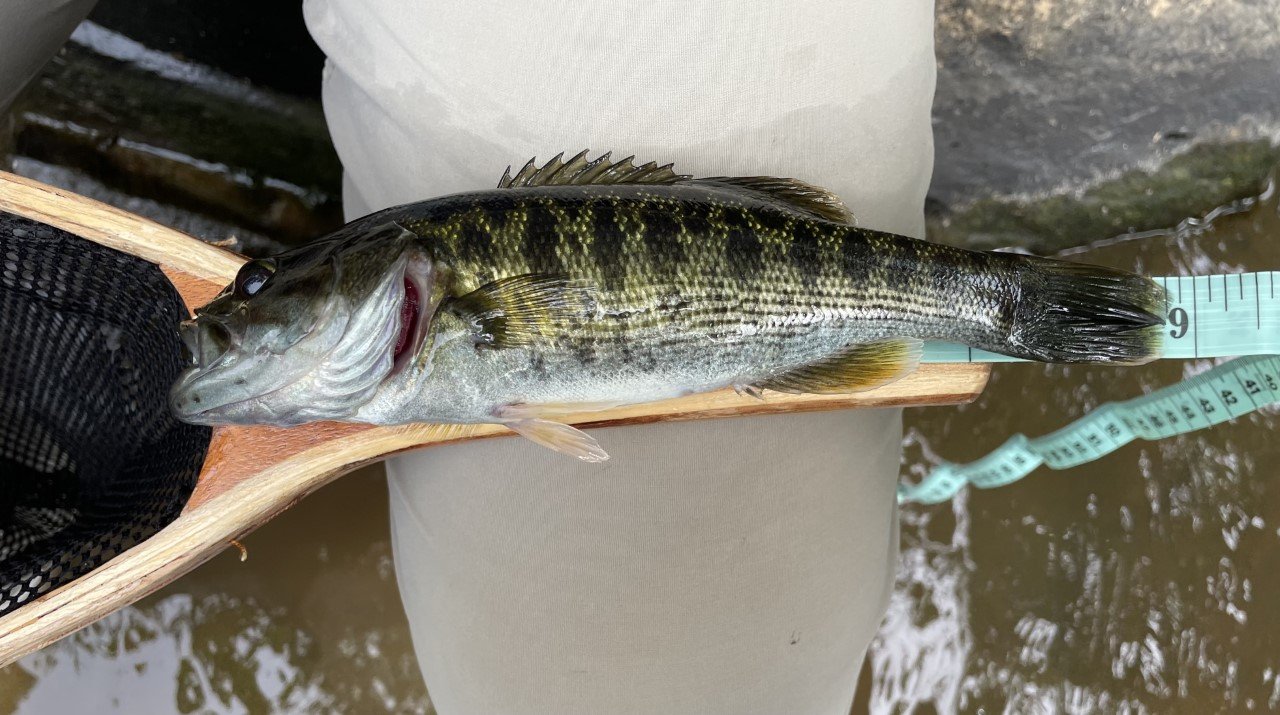
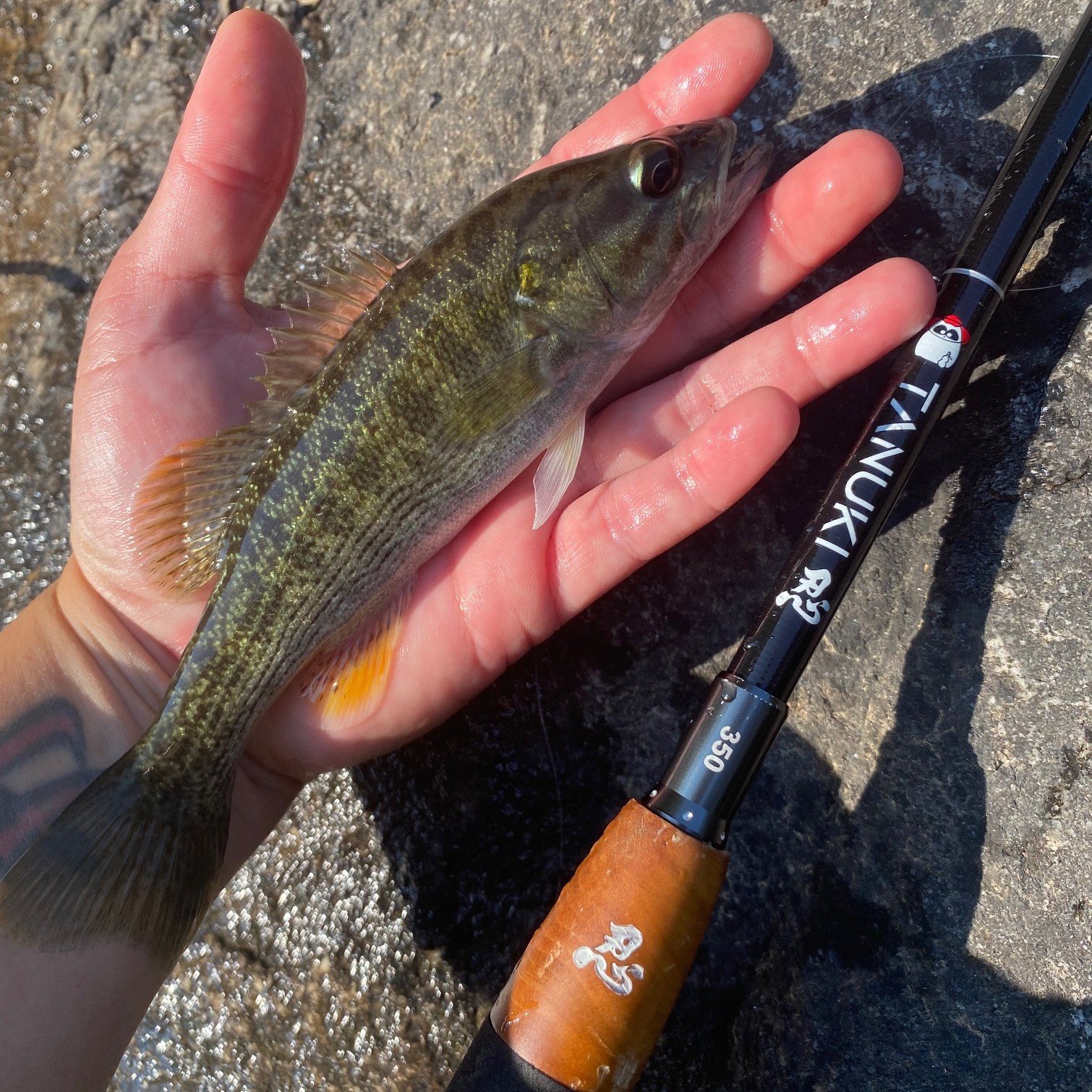
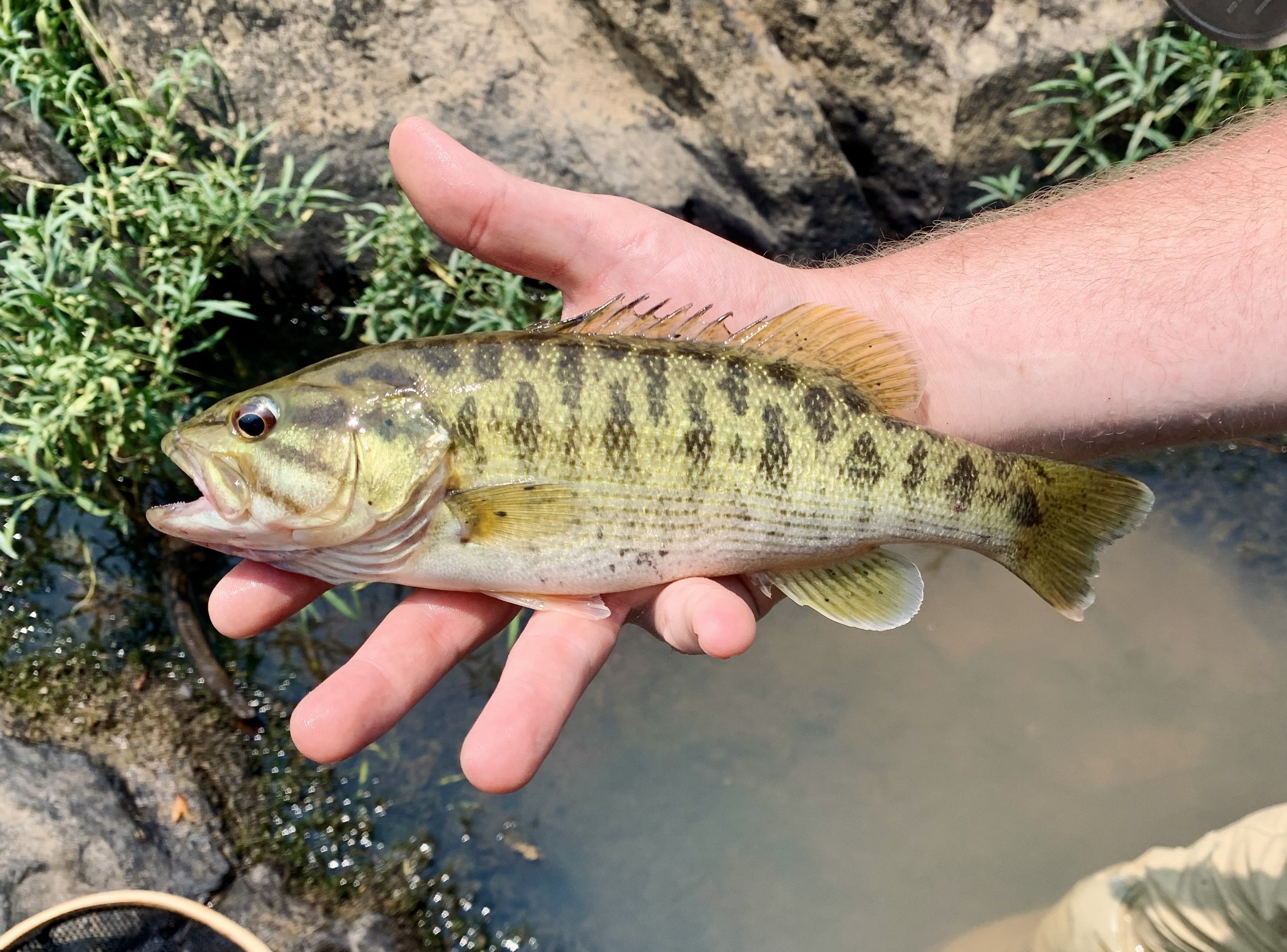

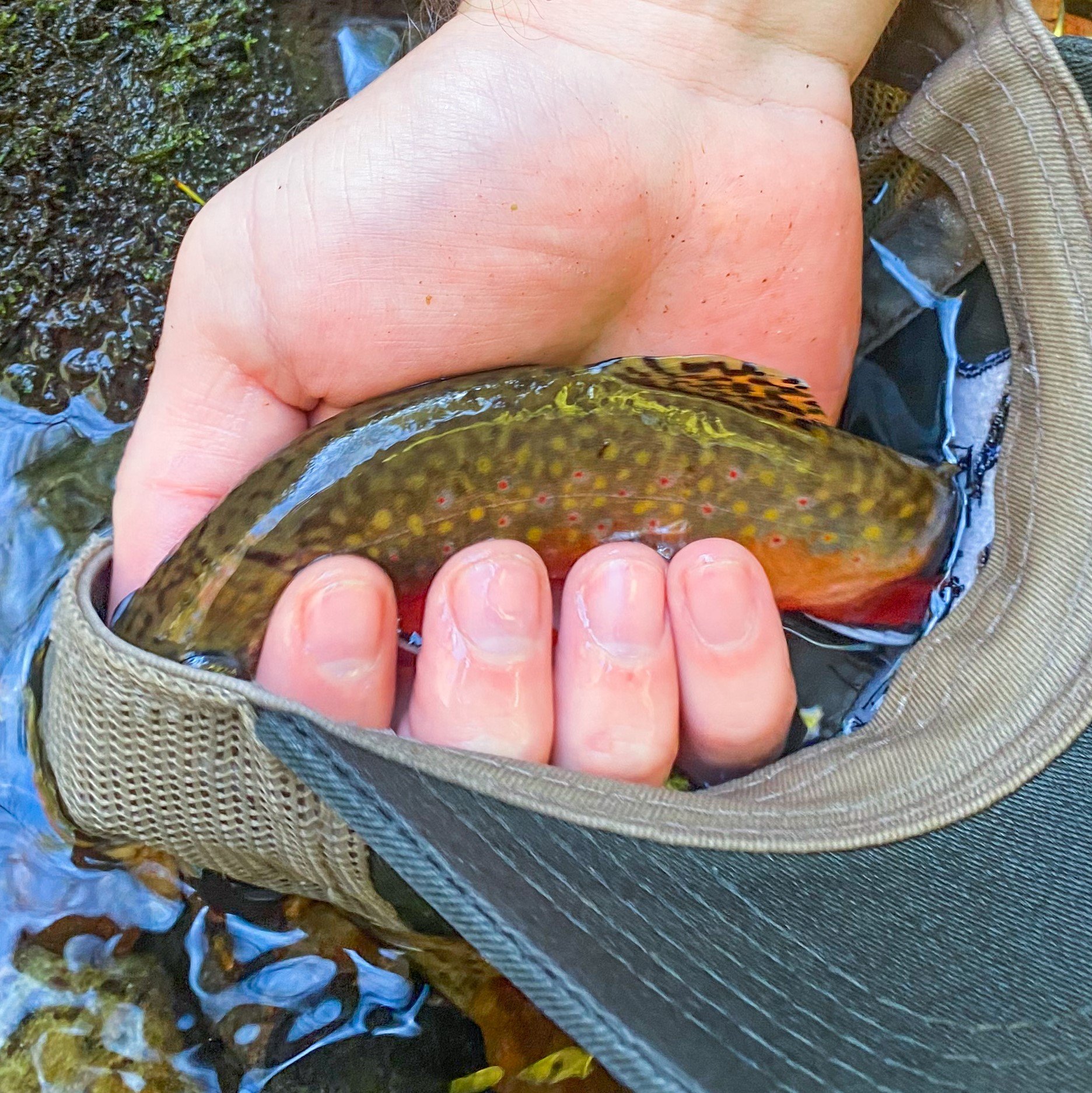
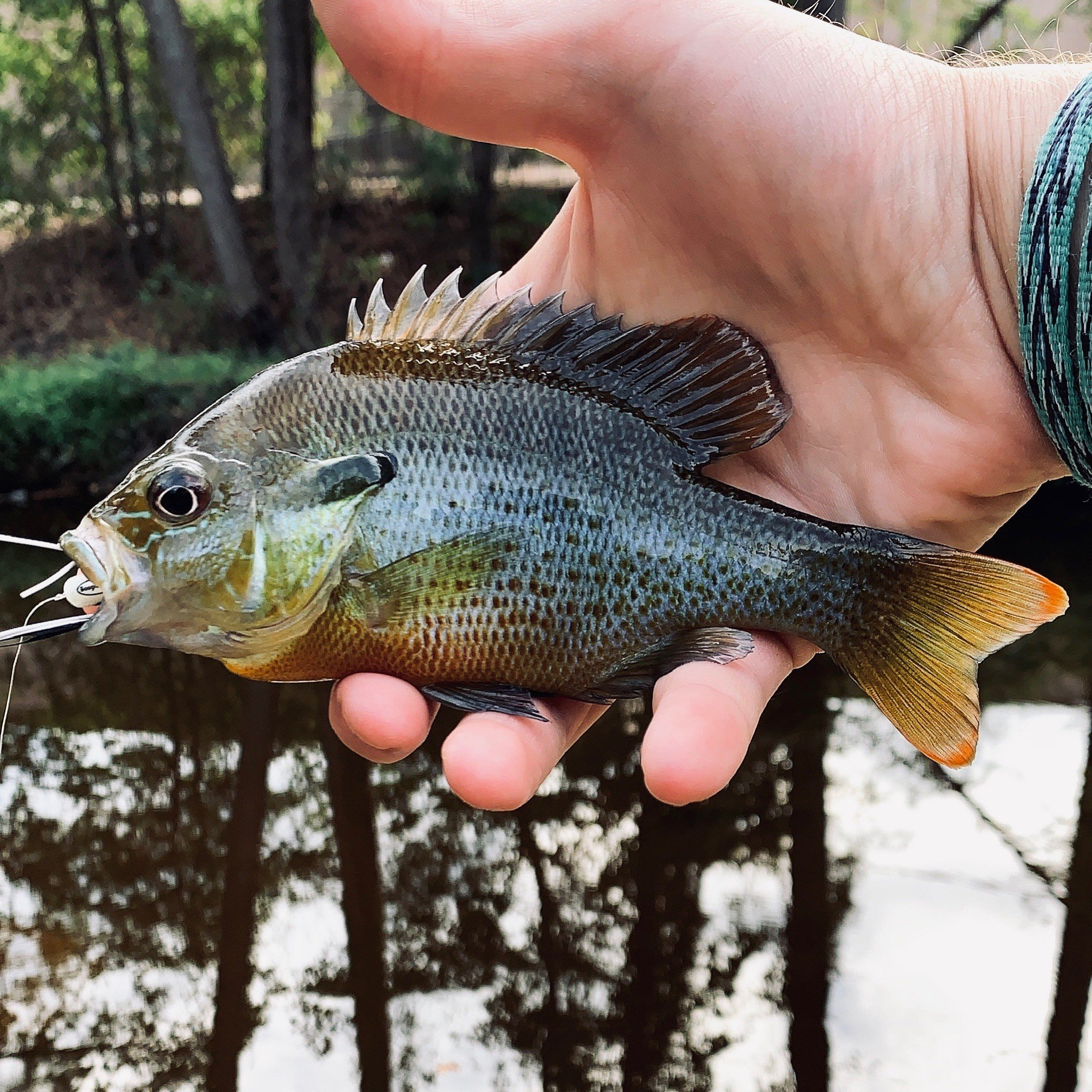
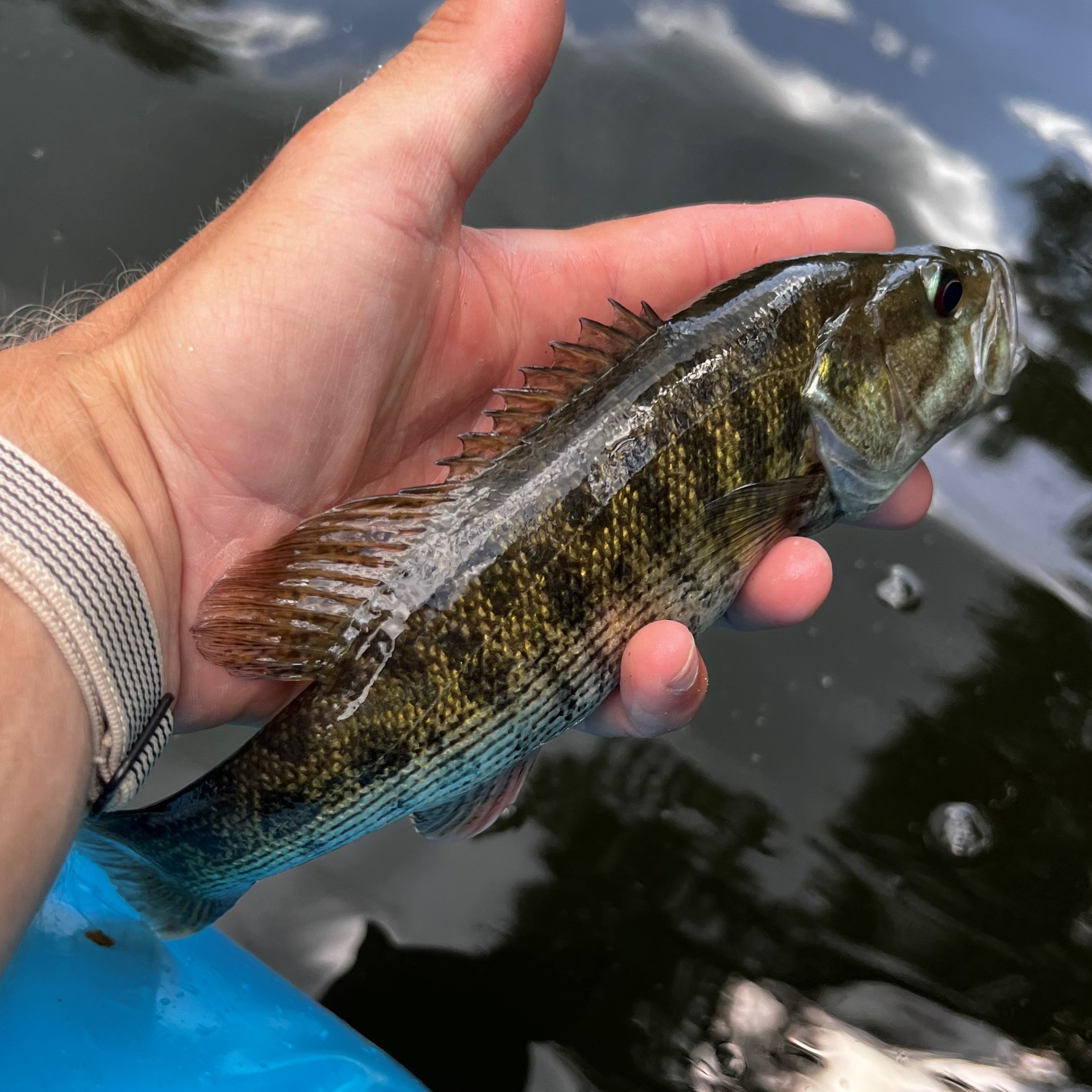
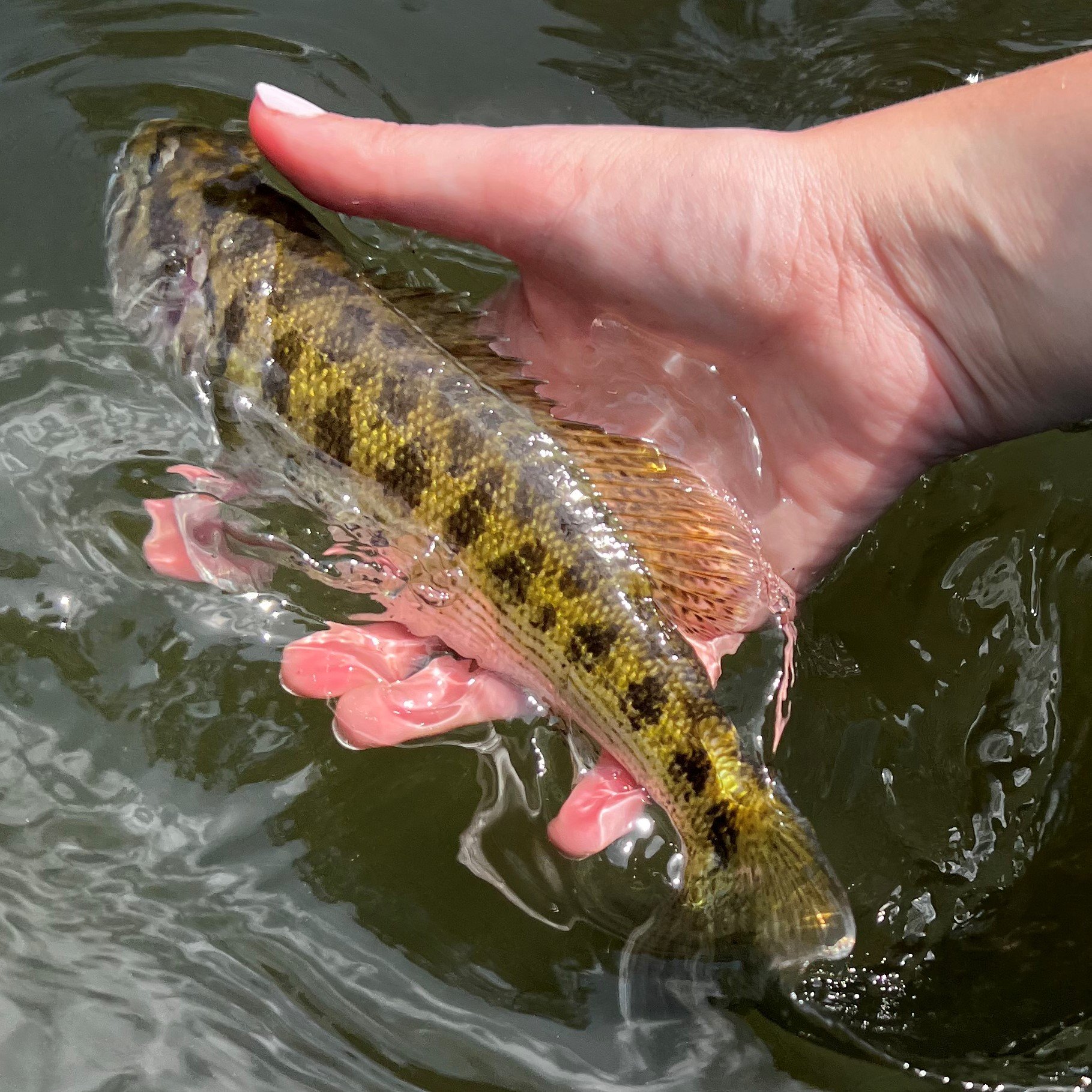
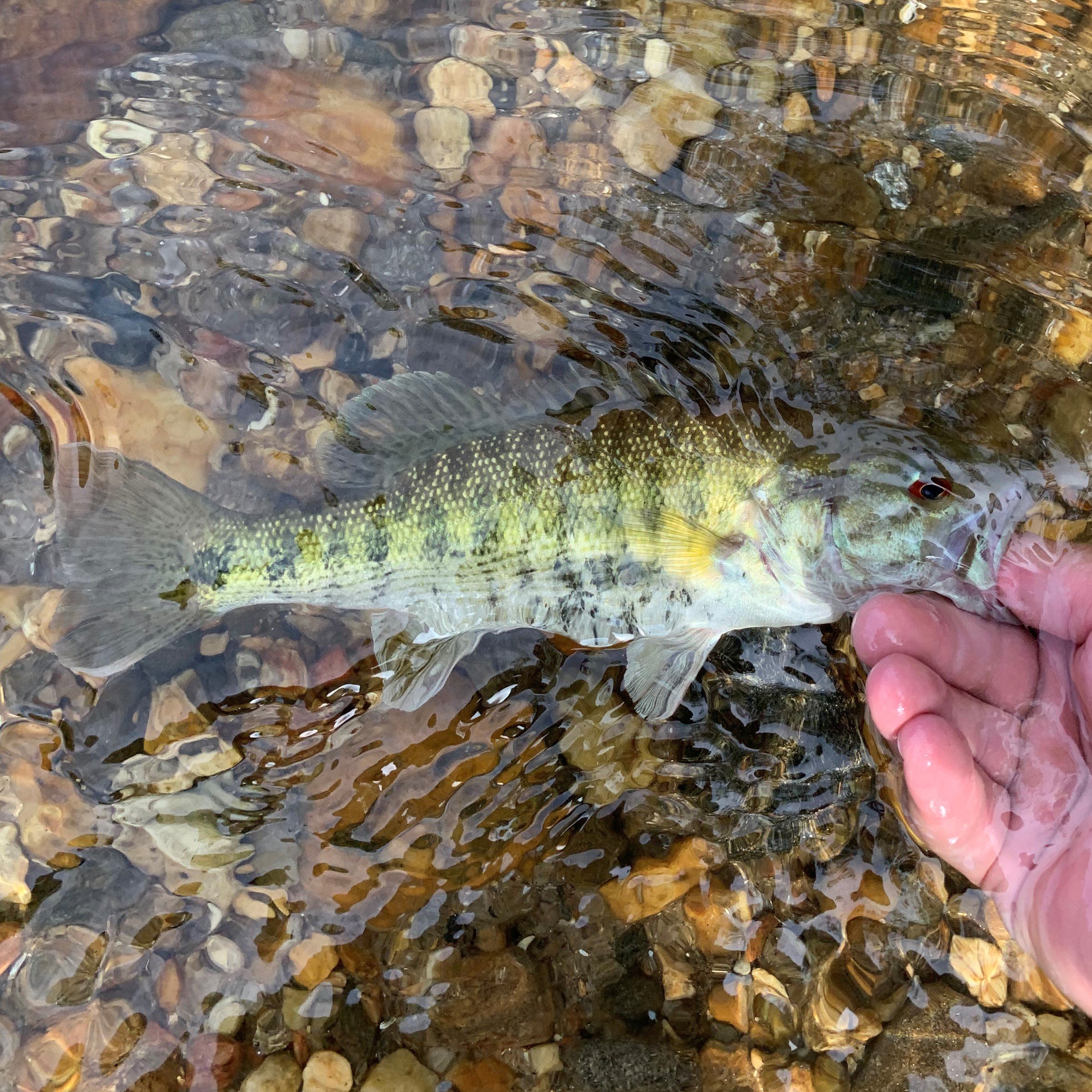
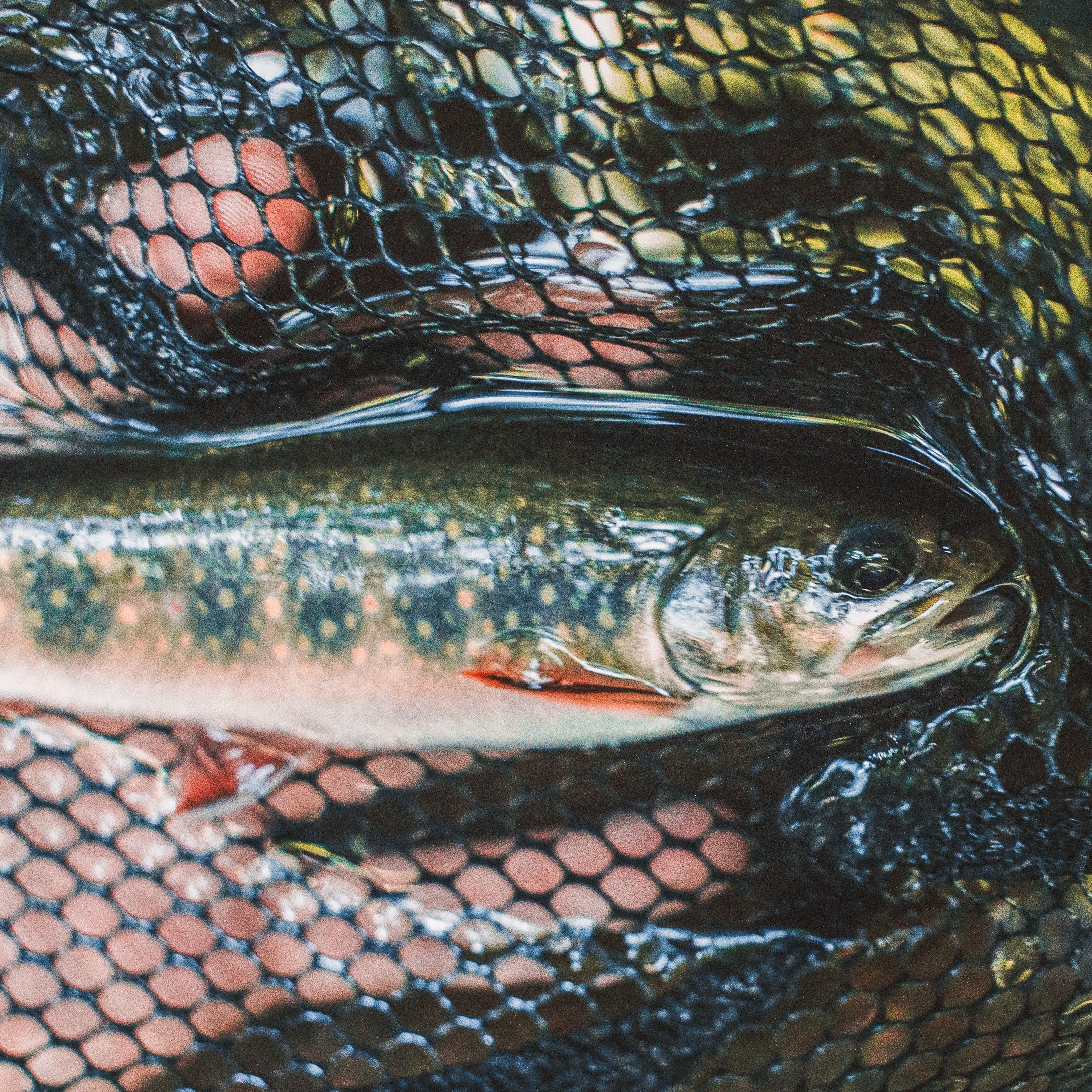
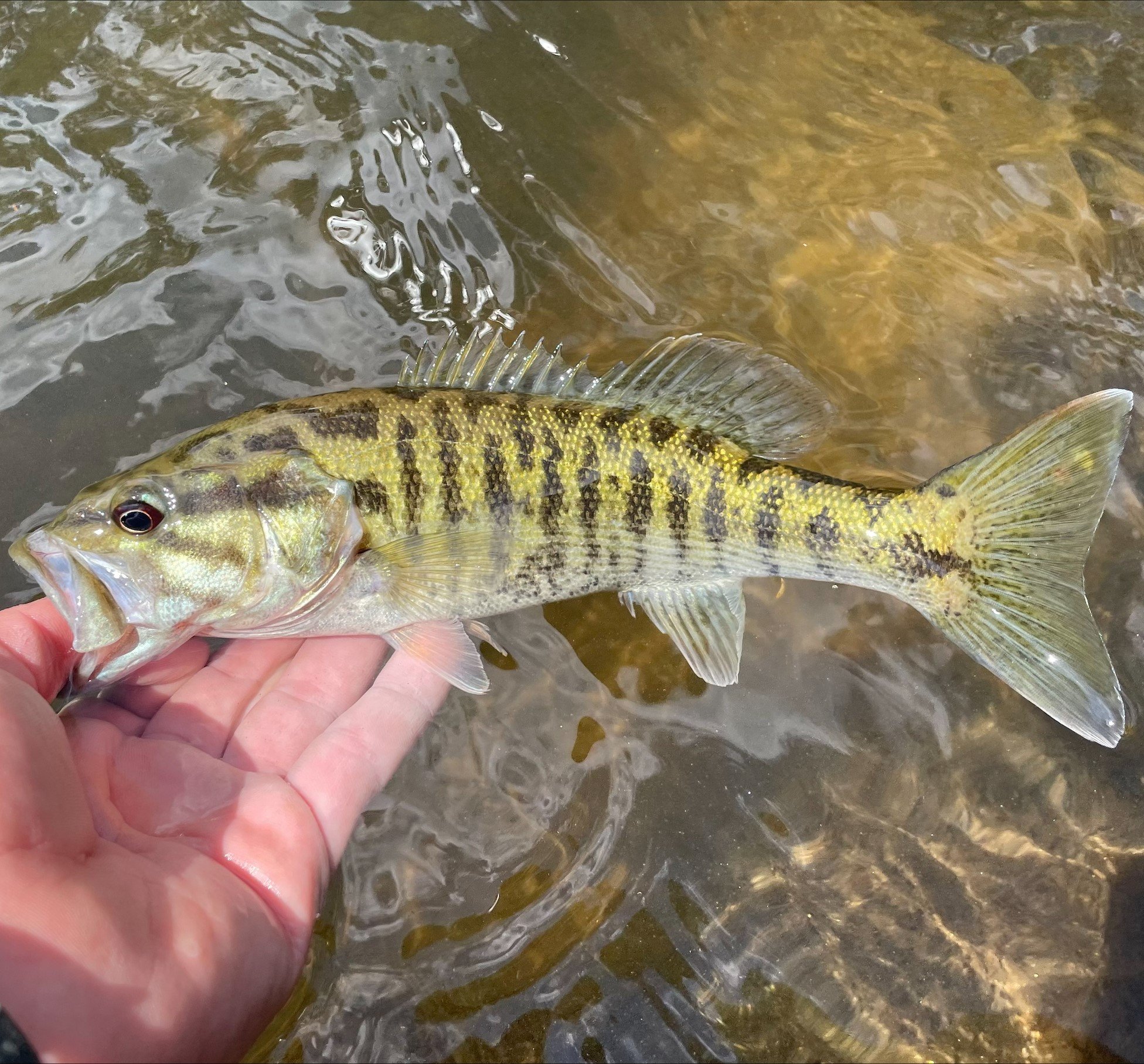
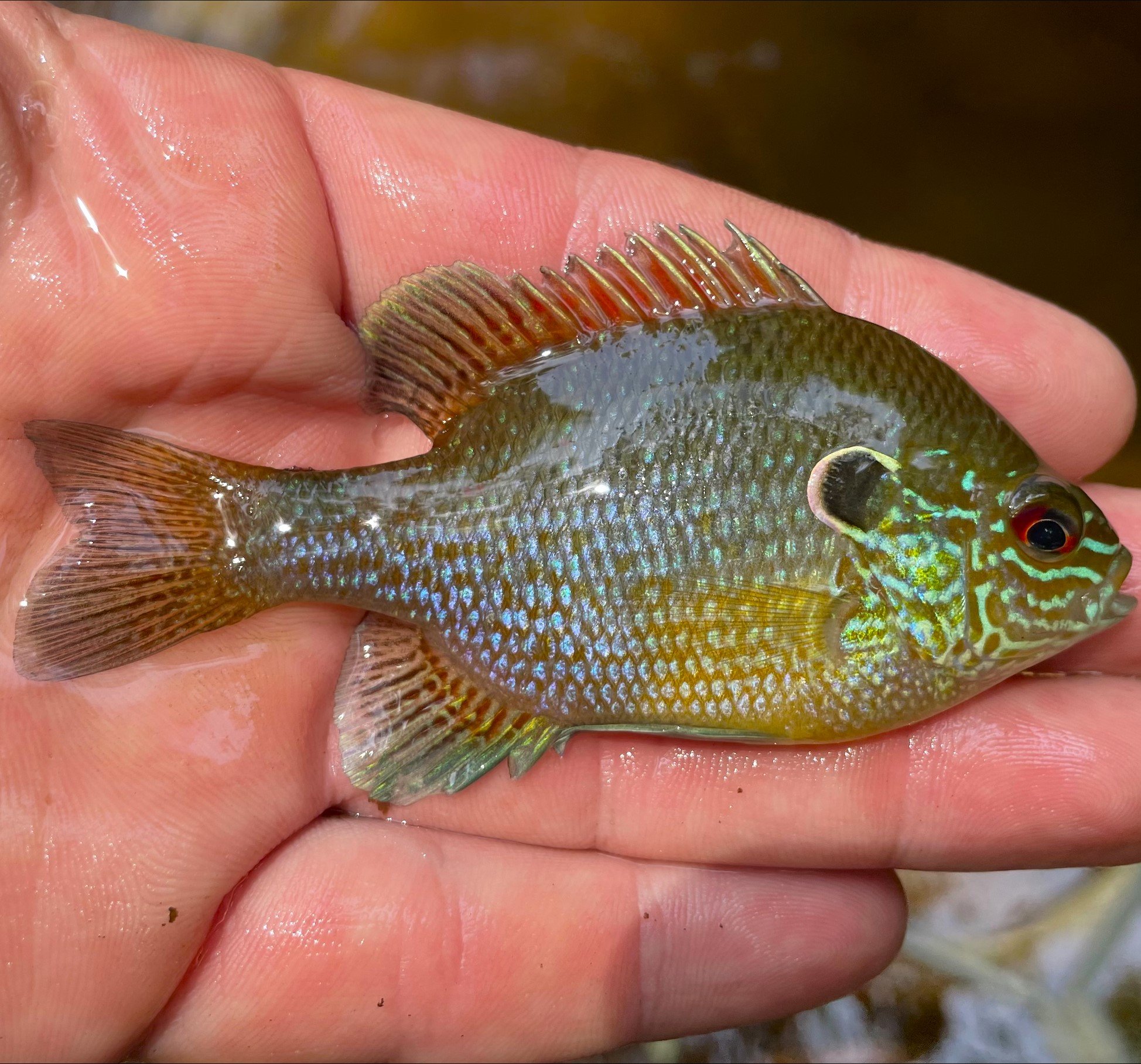
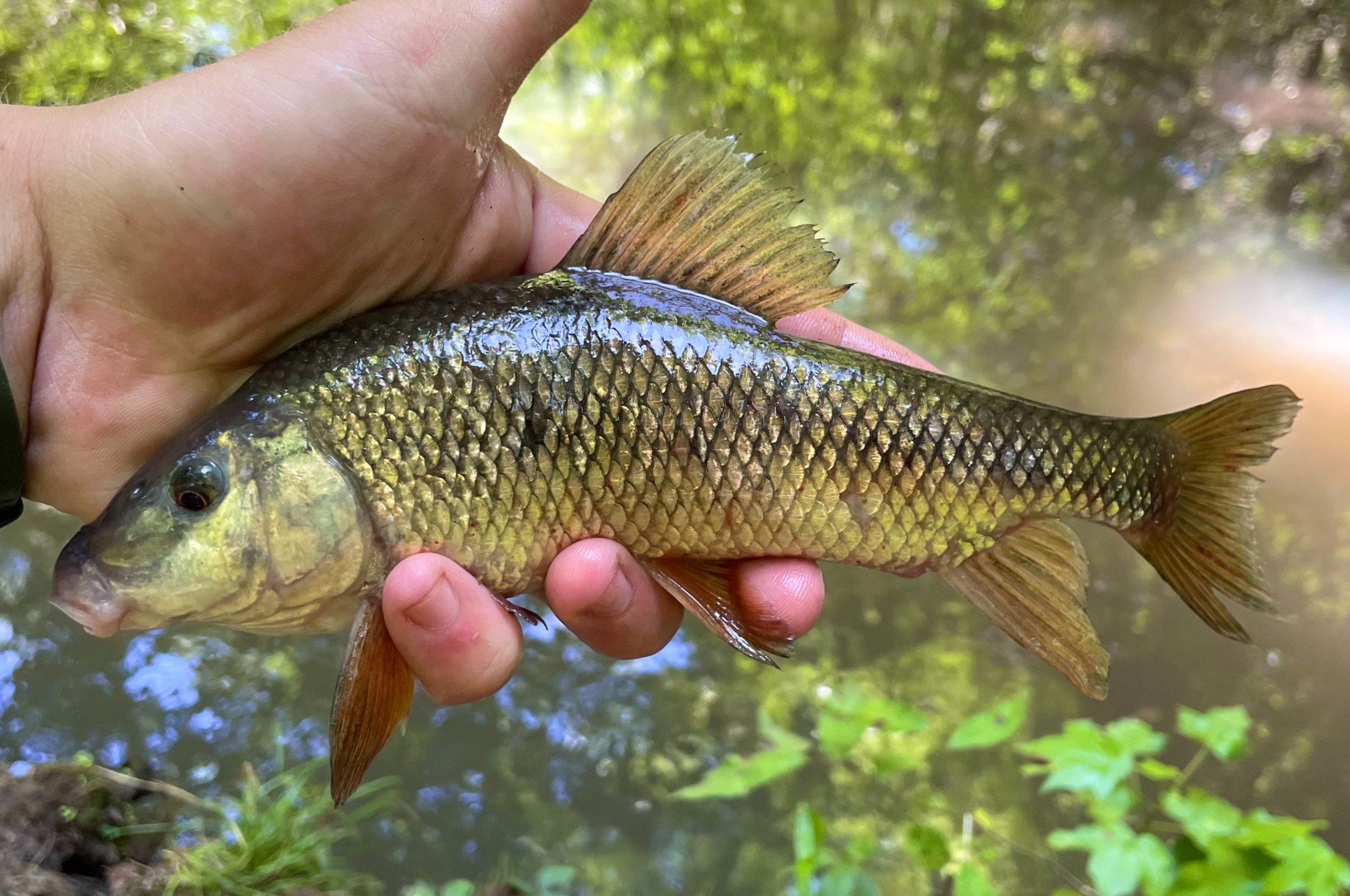
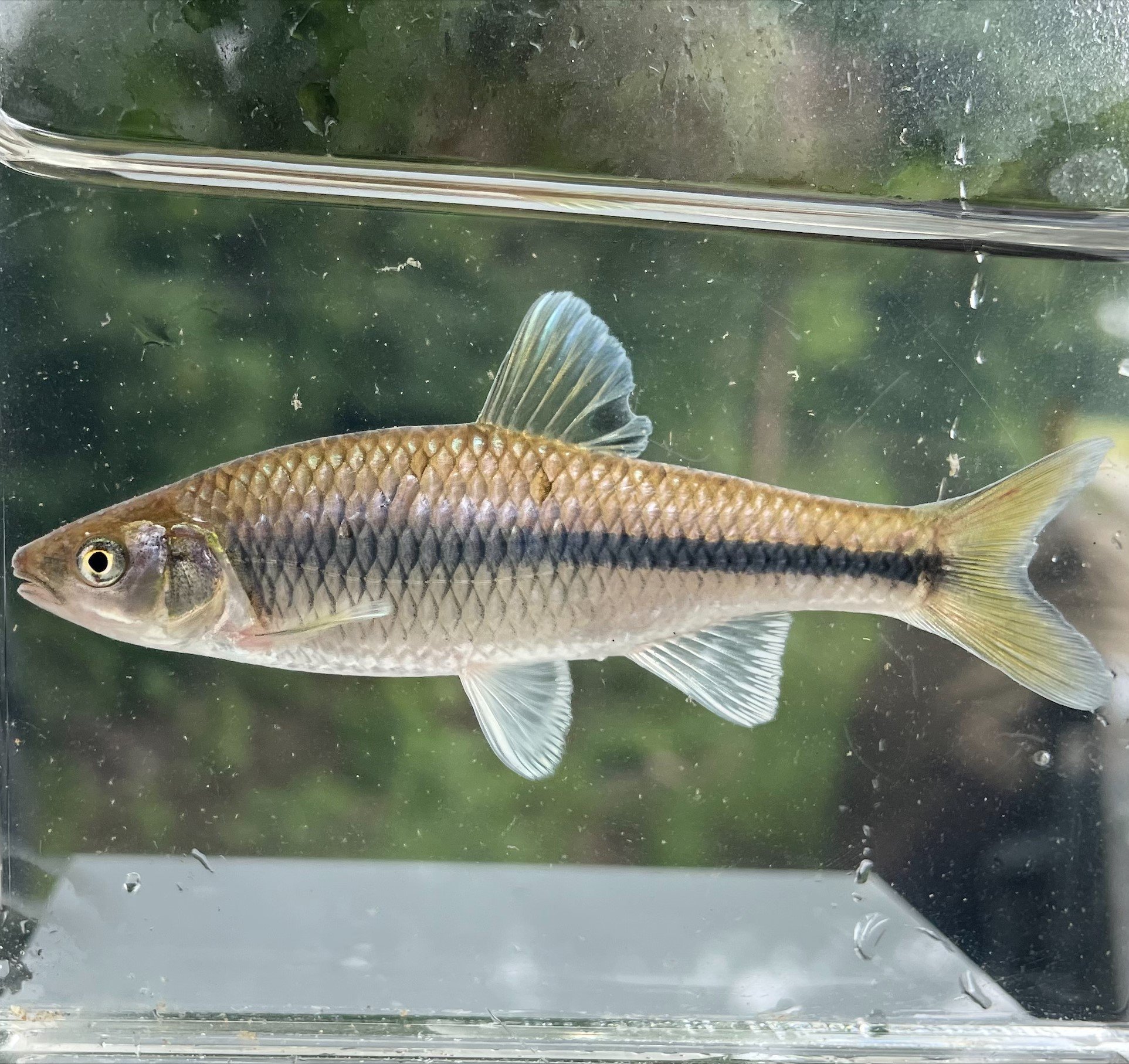
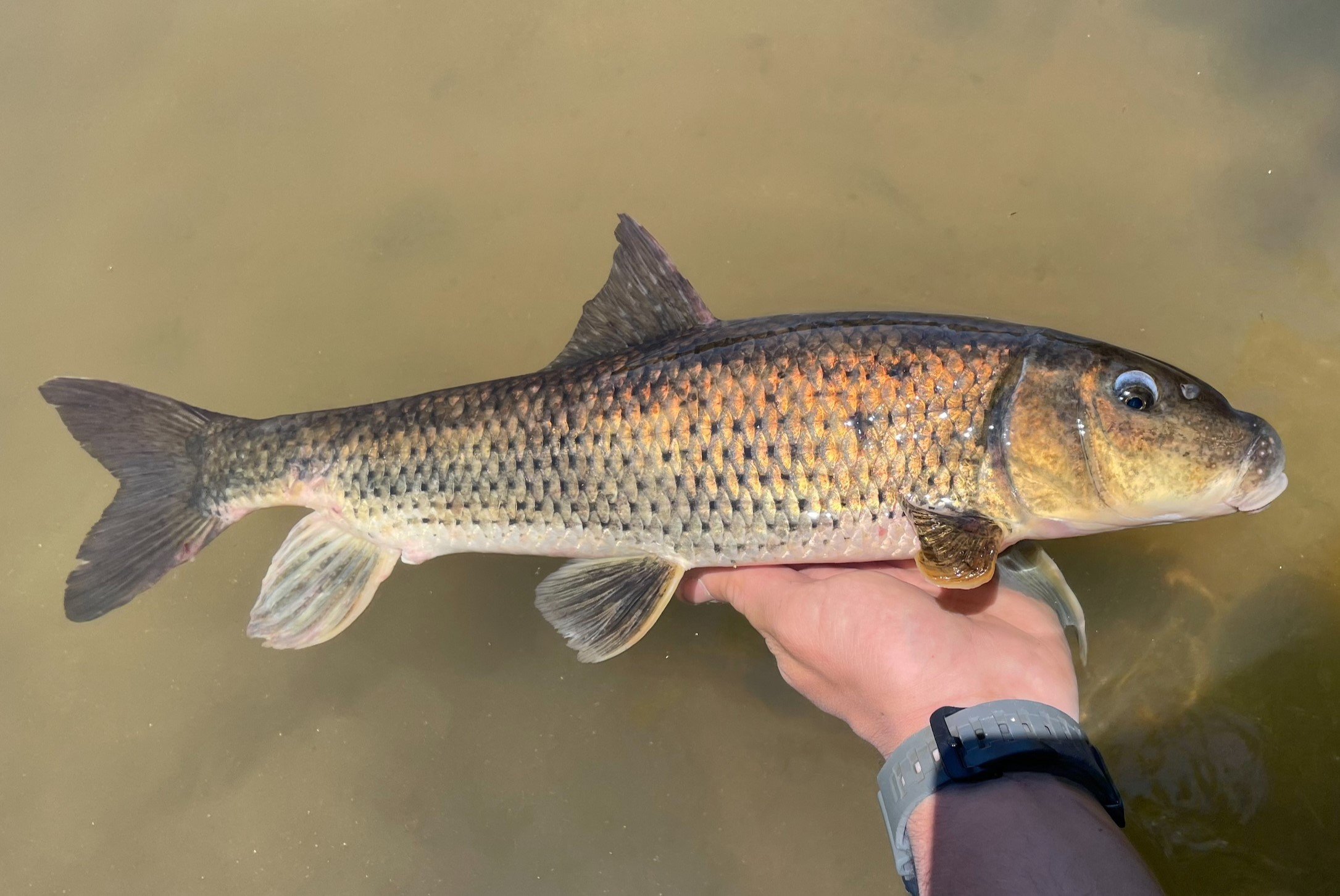
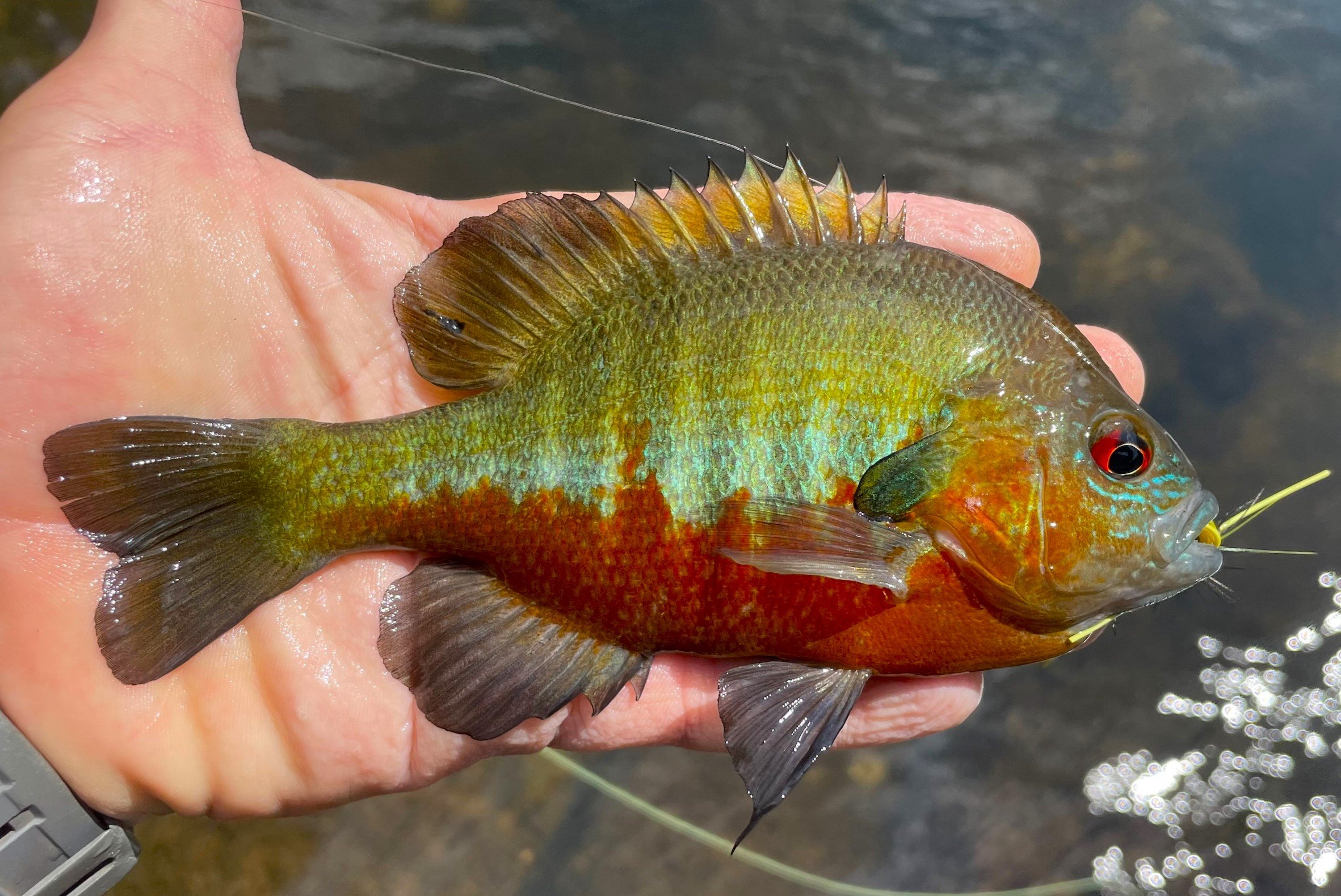
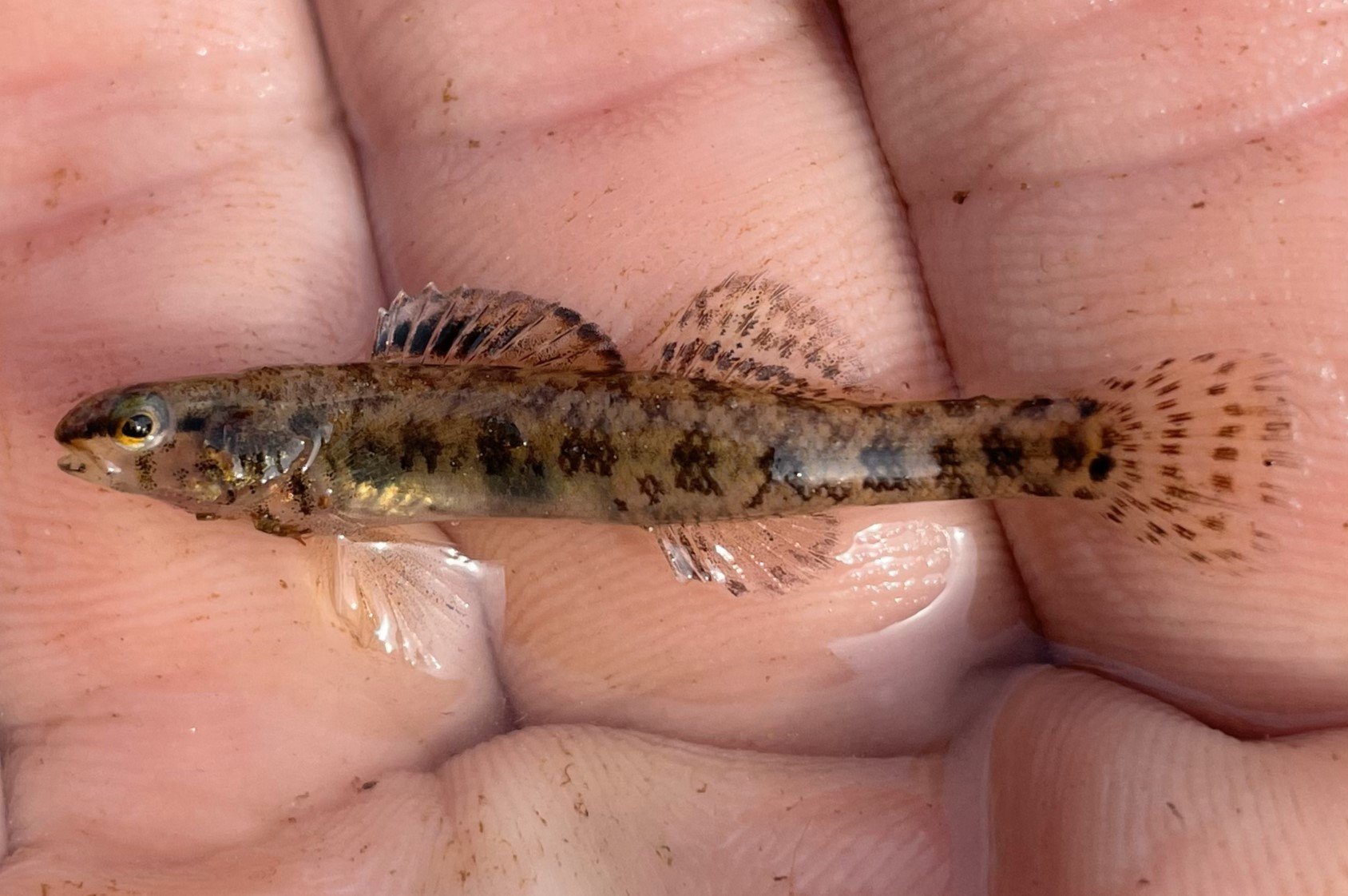
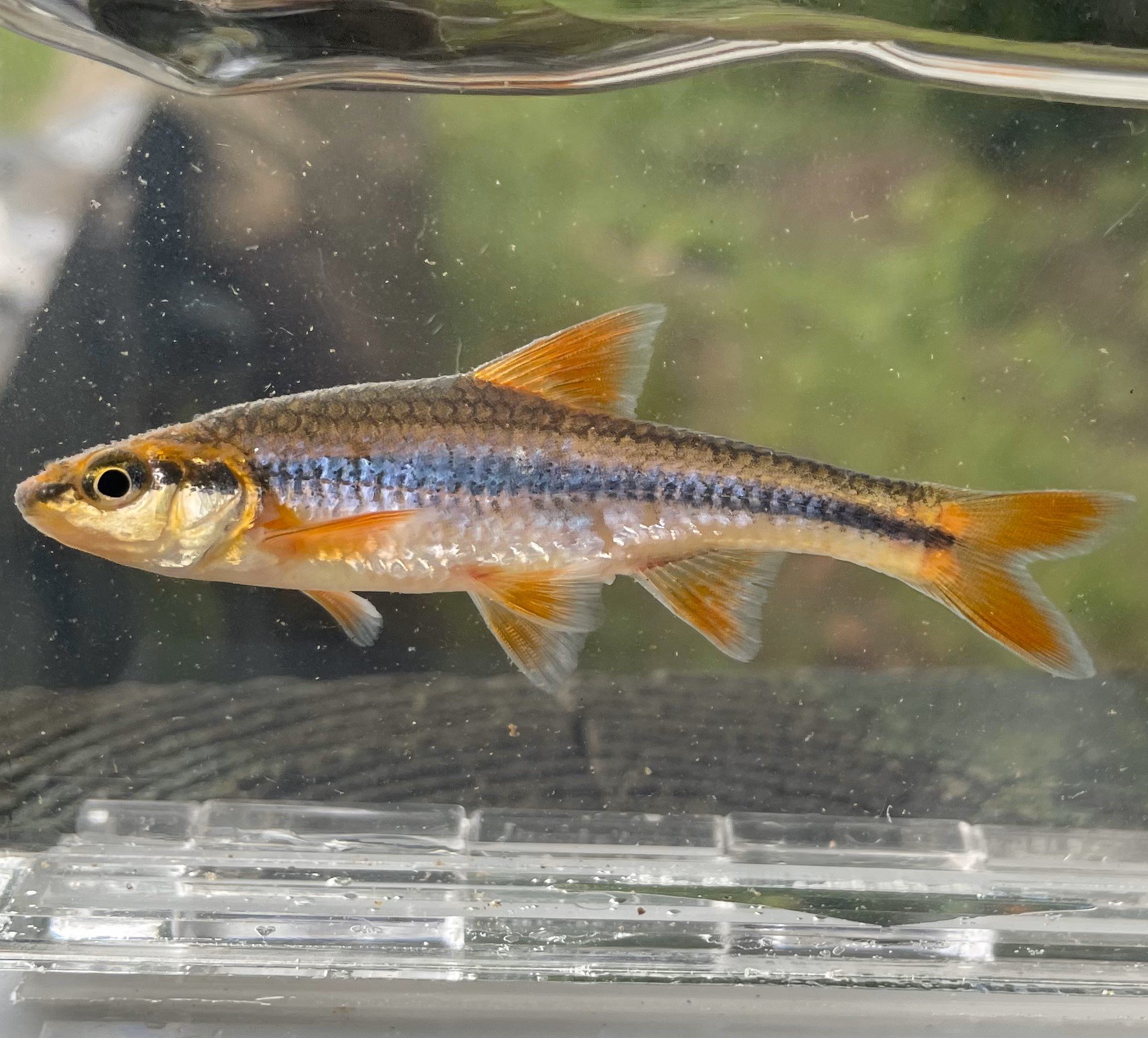
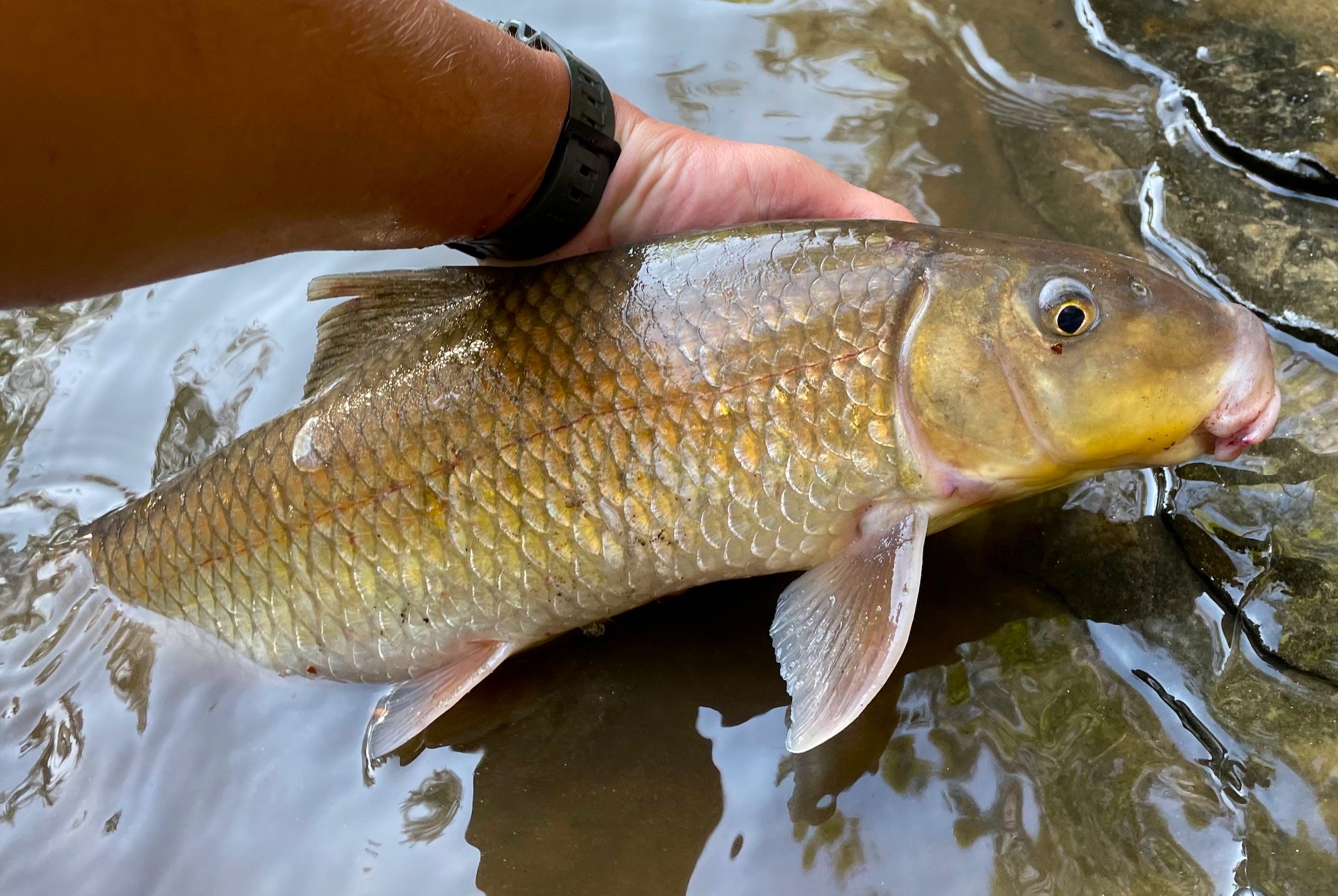
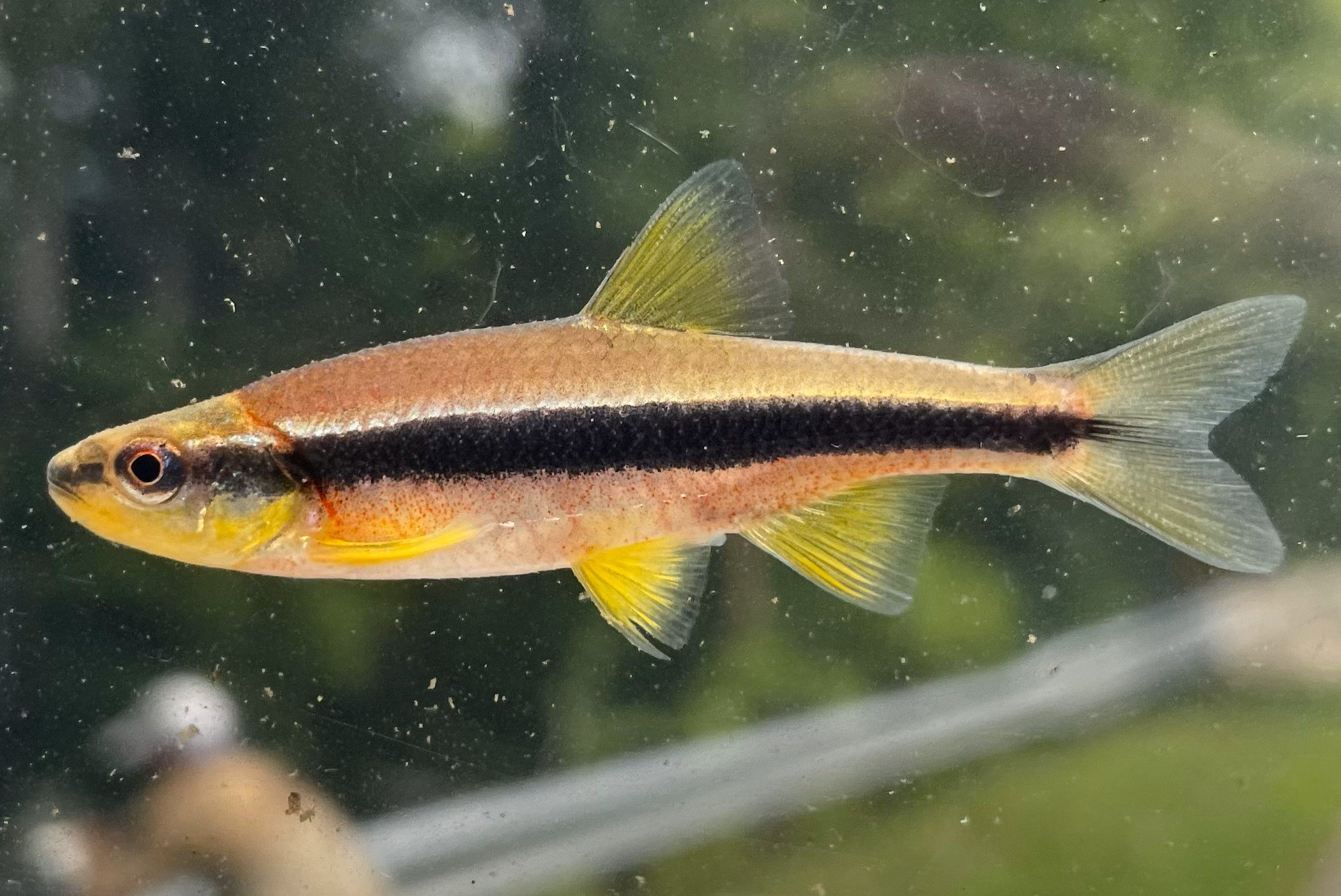
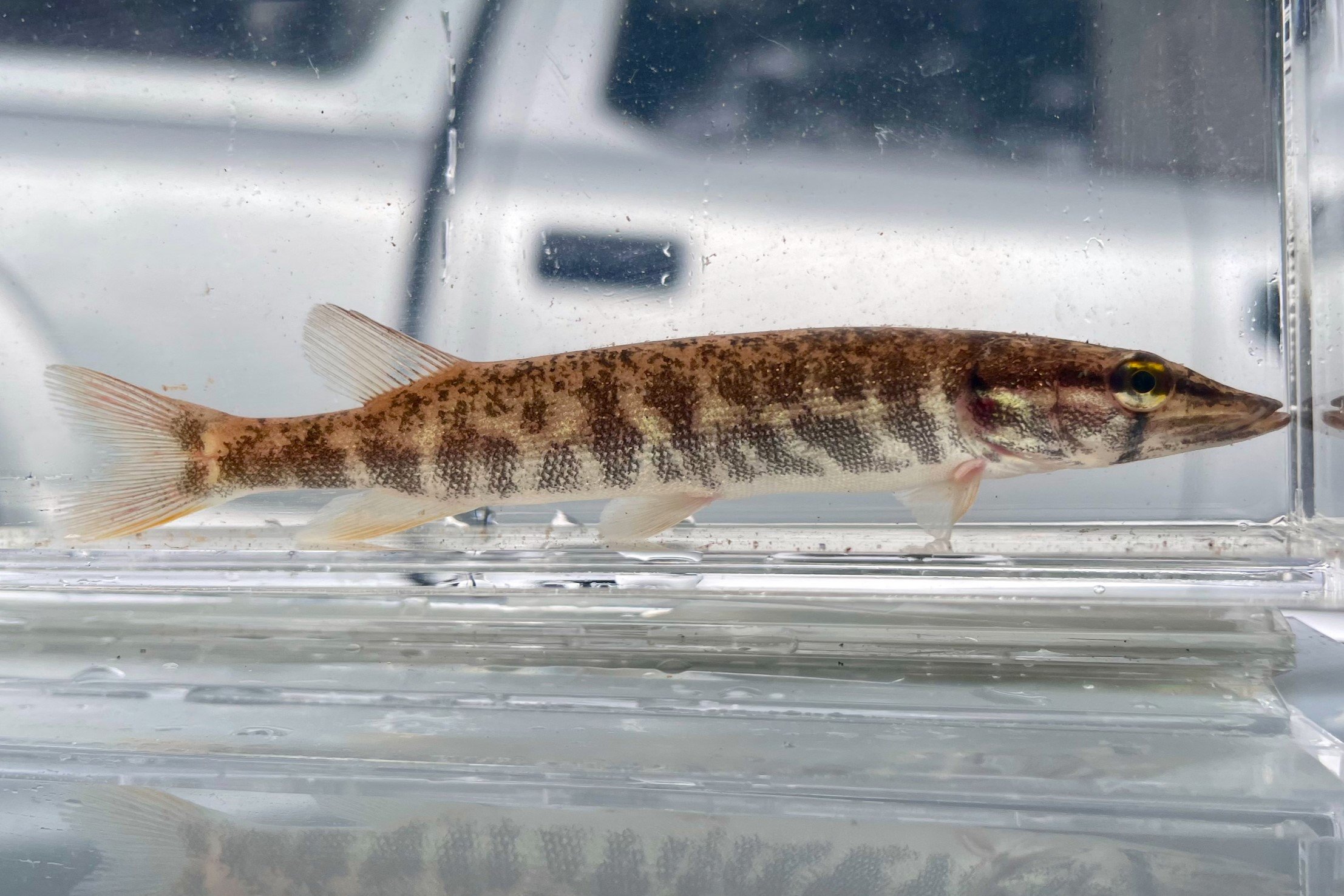
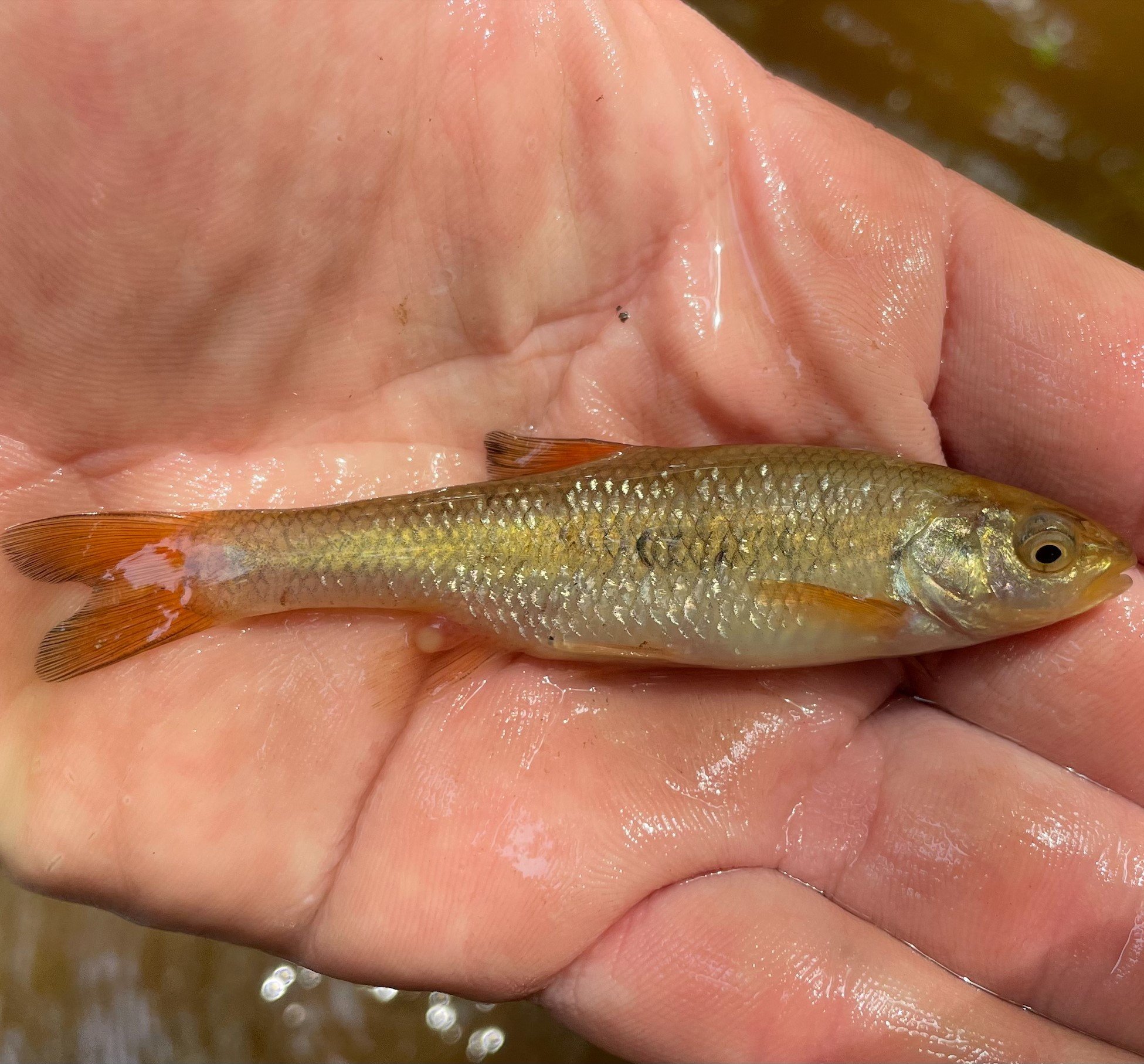
Status, Threats, and Conservation
South Carolina’s native fishes face many threats and challenges including angler exploitation, habitat degradation, pollution, development, climate change, and nonnative fish introductions. Two species are listed as endangered at the federal level: Atlantic sturgeon and shortnose sturgeon. The robust redhorse is listed as a species of concern by the U.S. Fish and Wildlife Service and South Carolina Department of Natural Resources’ conservation efforts are ongoing. Redeye bass – locally known as the Bartram’s bass – is a conservation priority due to hybridization with illegally introduced non-native Alabama bass and habitat loss. Additional species of concern are the bluebarred pygmy sunfish and blueback herring in certain waterways.
SOUTH CAROLINA nfc board
Below is our South Carolina State Board. This dedicated group of volunteers are our "boots on the ground" in South Carolina, home to several unique and at-risk species of stream-resident bass, some of the southernmost wild native brook trout in the world, and other rare wild native fish.
PETE WRIGHT is an avid outdoorsman from South Carolina…
DANIEL COOPER is a South Carolina native. He attended the…
KYLE GROSS is a born-and-raised South Carolinian…
TAYLOR LEBLANC resides in Travelers Rest, at the base of South…
JOSHUA RAINS is a student at North Greenville University…
JOSH SUMMER has lived in South Carolina for over 20 years…
SOUTH CAROLINA nfc ADvisory CounCil
Below is our South Carolina Advisory Council. This group of volunteers represents a veritable all-star team of subject matter expertise and hands-on experience. They work with the South Carolina board to identify areas in need of attention, while providing technical assistance.
SOUTH CAROLINA nfc CAMPAIGNS
(CLICK IMAGE TO READ)
recent SOUTH CAROLINA nfc BLOG entries
(CLICK IMAGE TO READ)
recent SOUTH CAROLINA nfc media
(CLICK IMAGE TO READ)
UPCOMING south carolina EVENTS
(CLICK IMAGE TO LEARN MORE)
SOUTH CAROLINA nfc SCHWAG
(CLICK IMAGE TO BUY - prices include shipping)
SOUTH CAROLINA nfc CONSERVATION PARTNERS
SOUTH CAROLINA nfc BUSINESS sponsors
Please support these best-in-class businesses as they have supported the South Carolina chapter of NFC and our wild native fish.
(Click Logo to Learn More)
SOUTH CAROLINA nfc FACEBOOK PAGE
(CLICK TO VIEW)
south carolina nfc Instagram
(CLICK TO VIEW)
SOUTH CAROLINA Gallery
(Click to View Full Image)
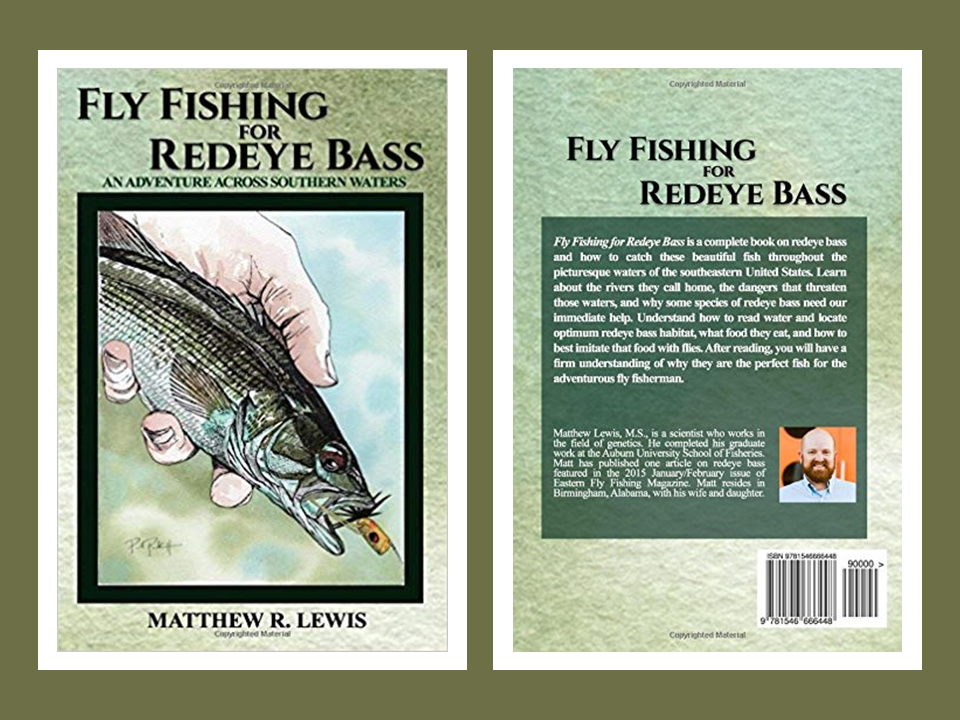
CLICK HERE FOR REDEYE BASS RELEASE VIDEO

SOUTH CAROLINA NATURAL HERITAGE PROGRAM
The South Carolina Department of Natural Resources has compiled an interactive list and map of the state's endangered, threatened, and species of concern. South Carolina NFC supports the prioritization of at-risk wild native fish species and populations in regard habitat work, protective regulations, and restoration.
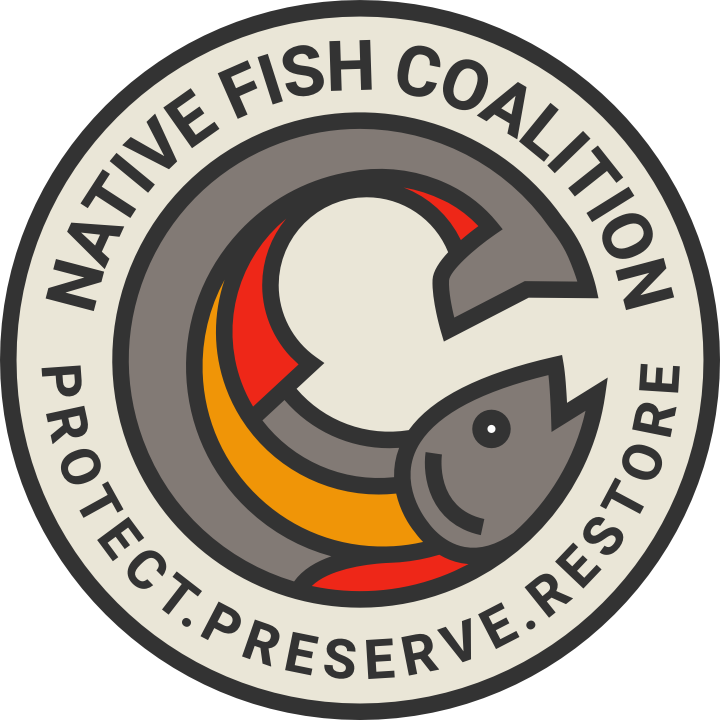



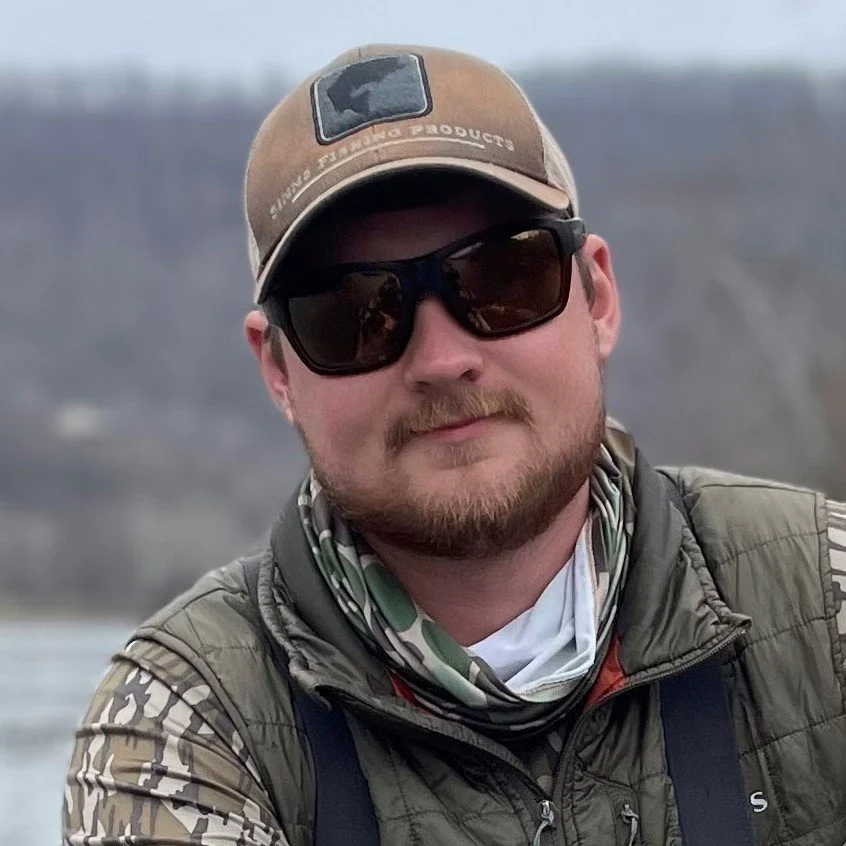



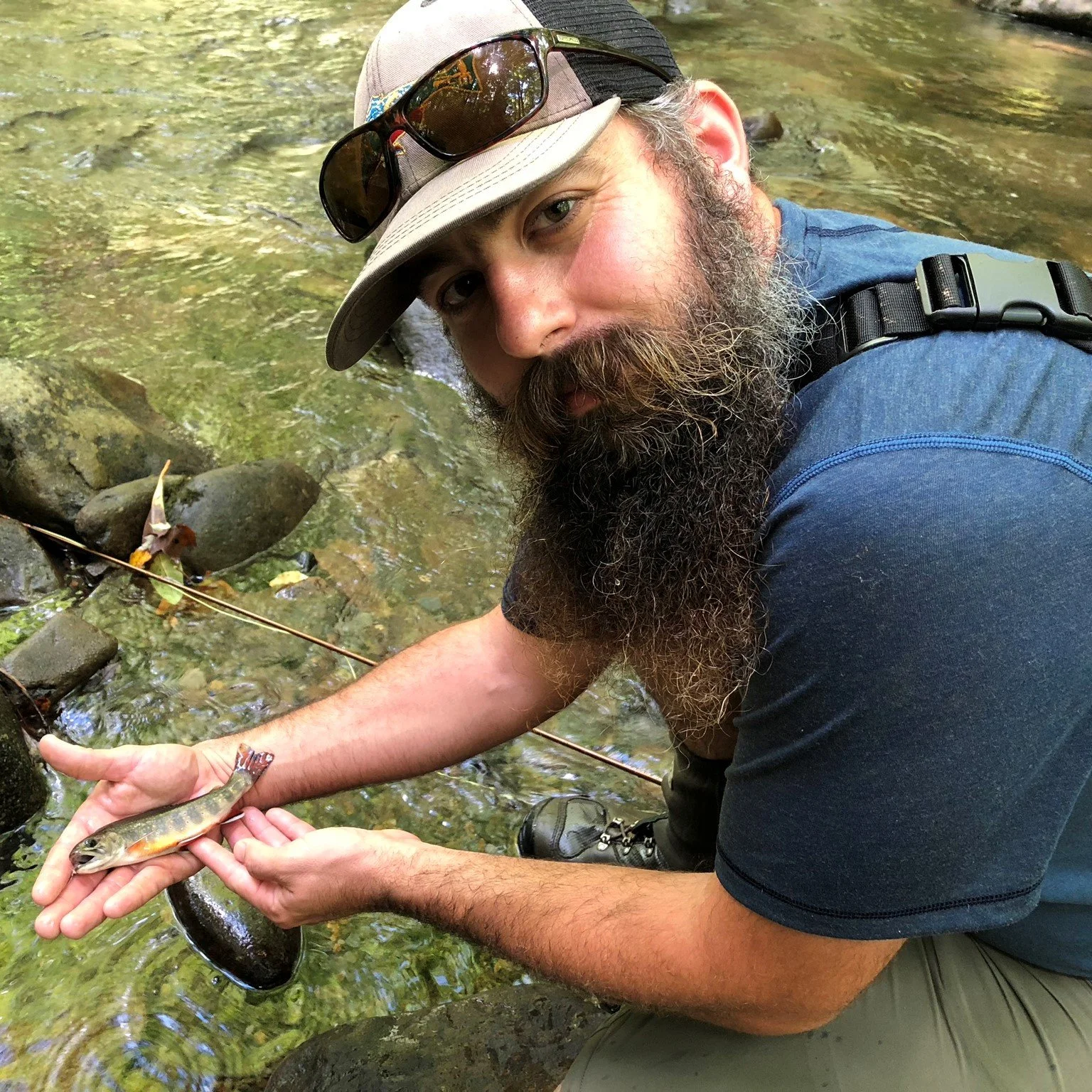
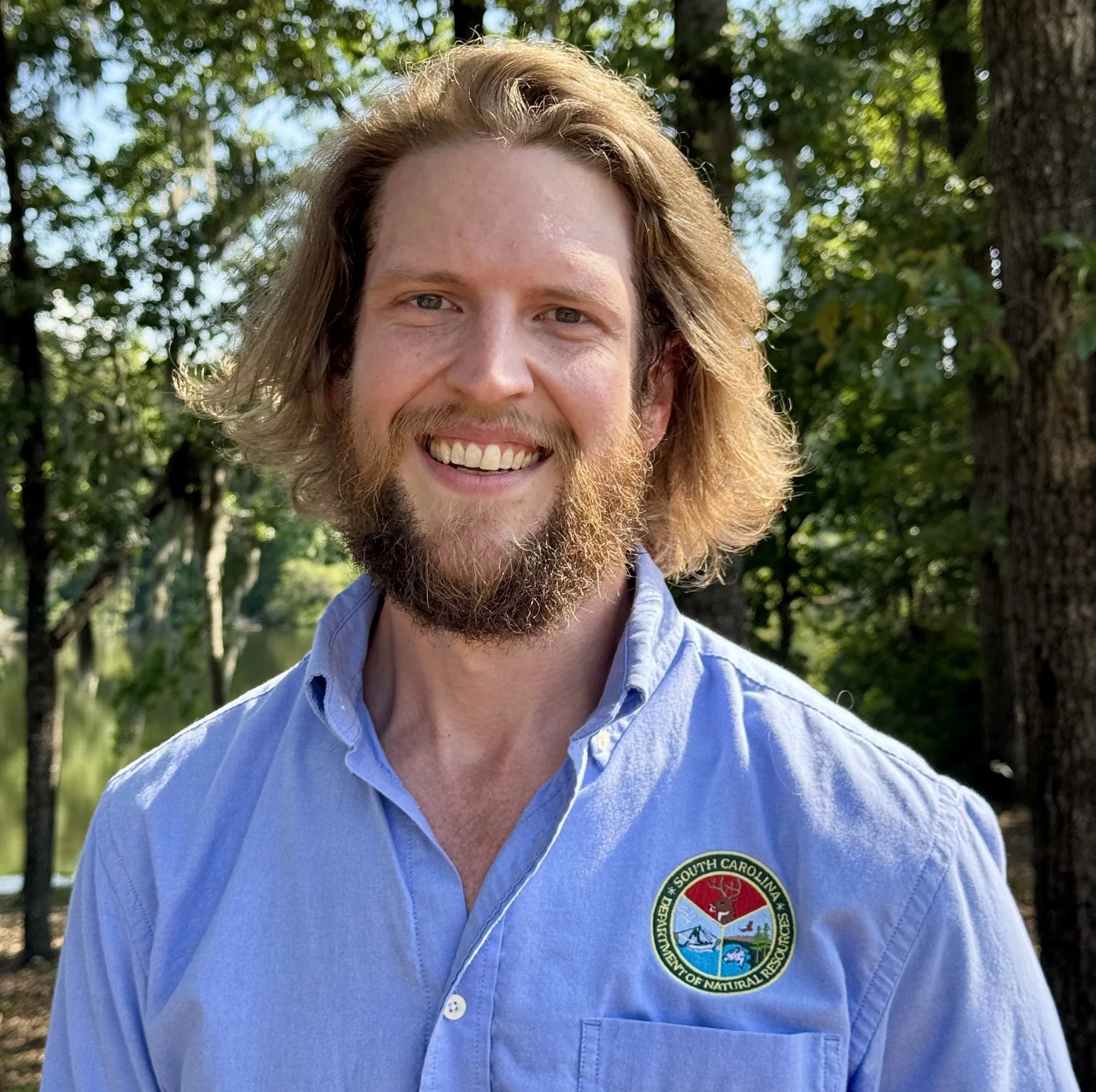









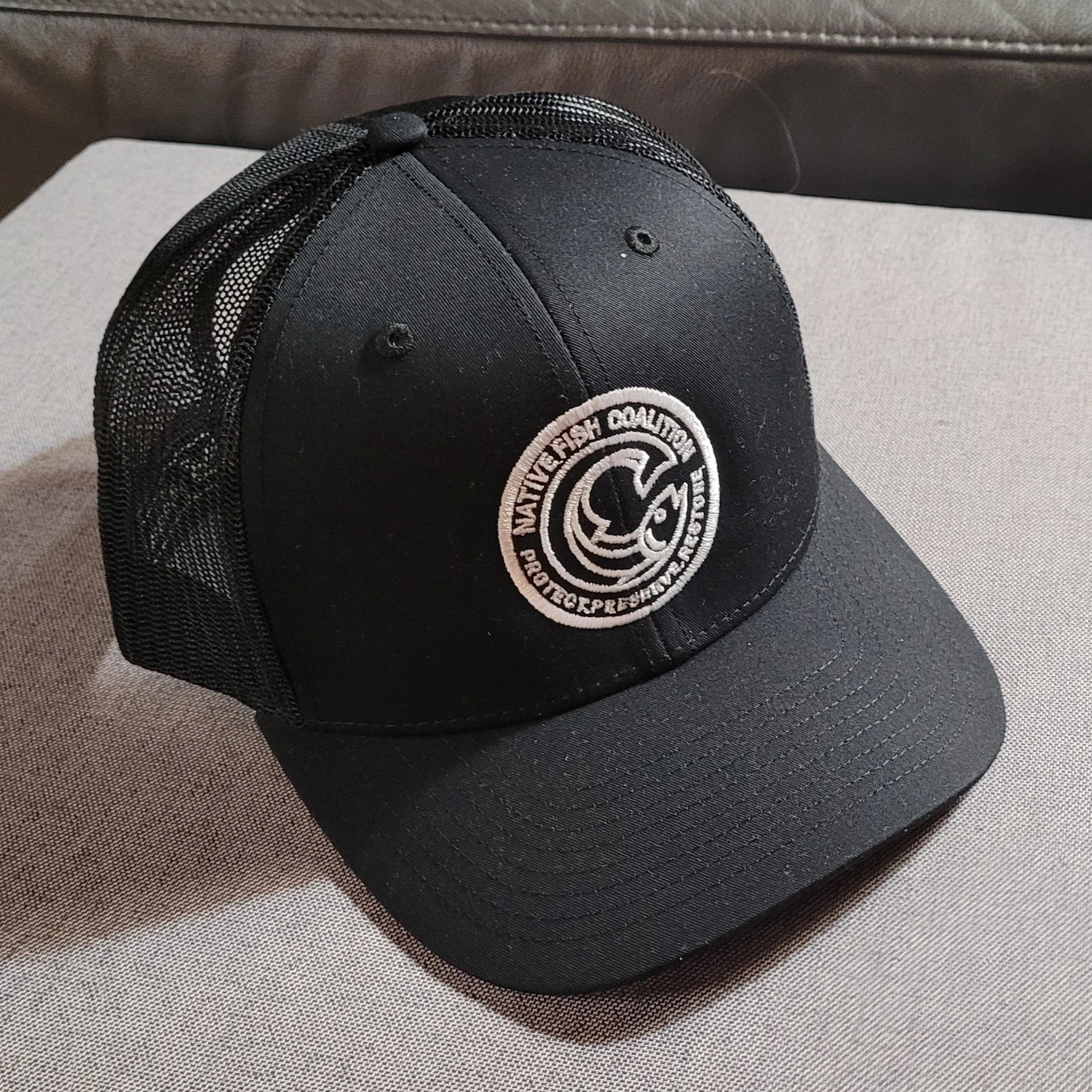
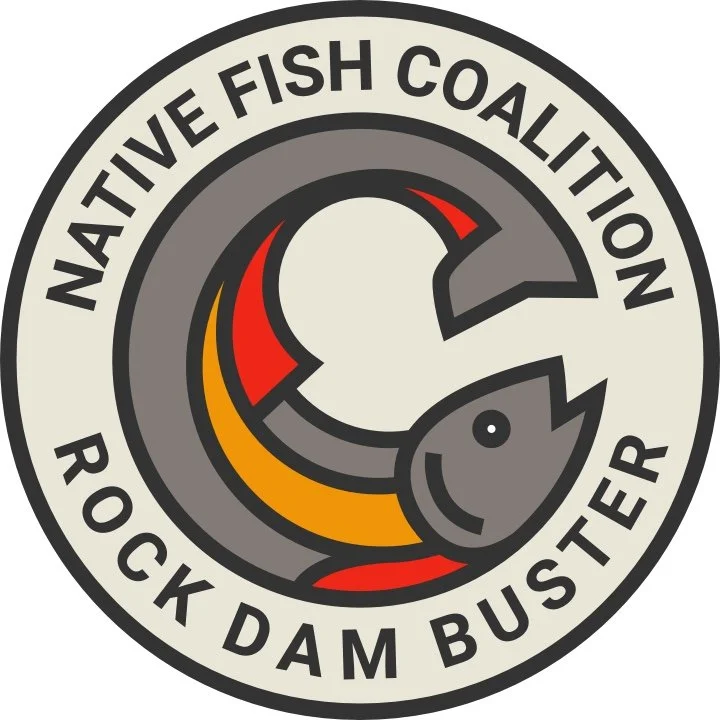
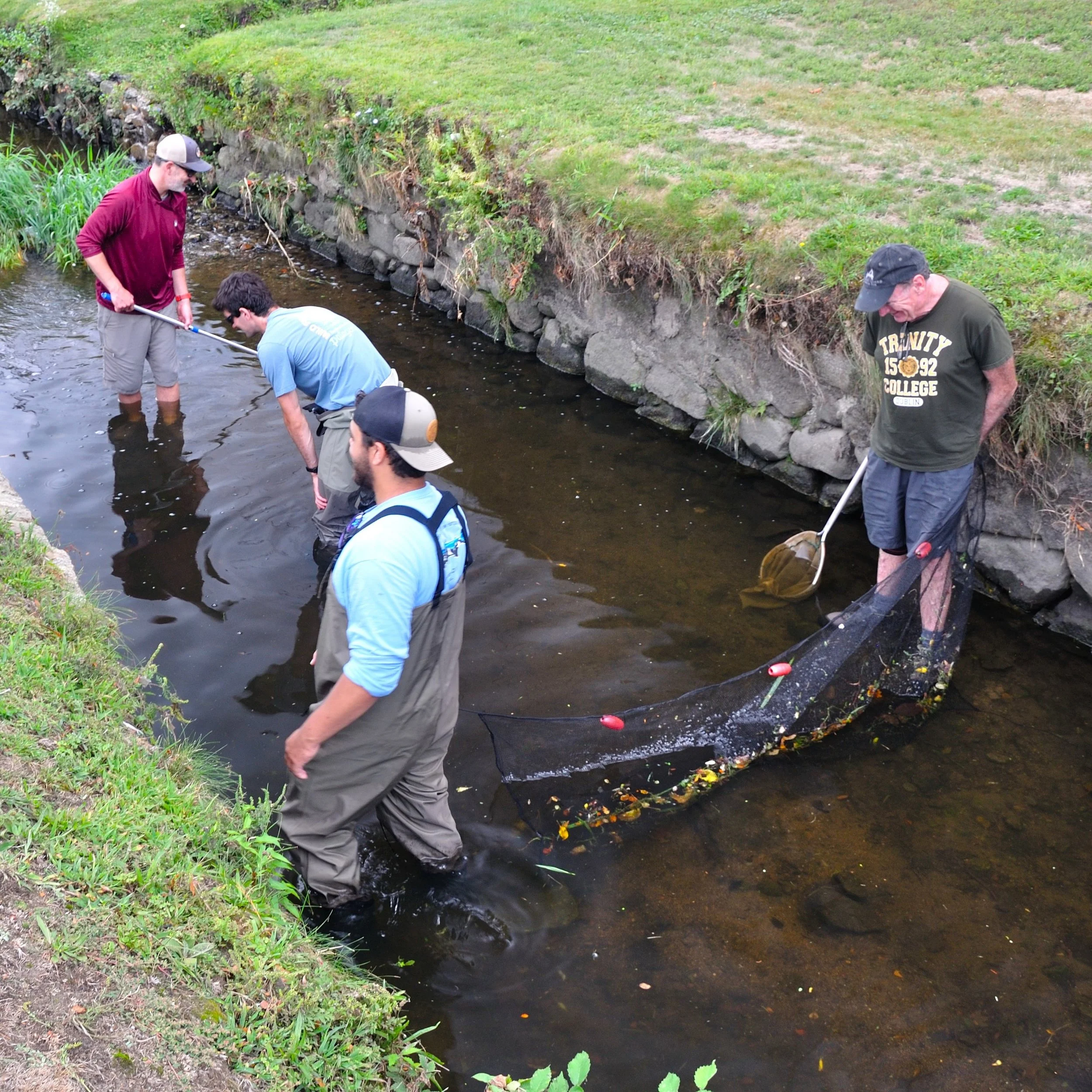
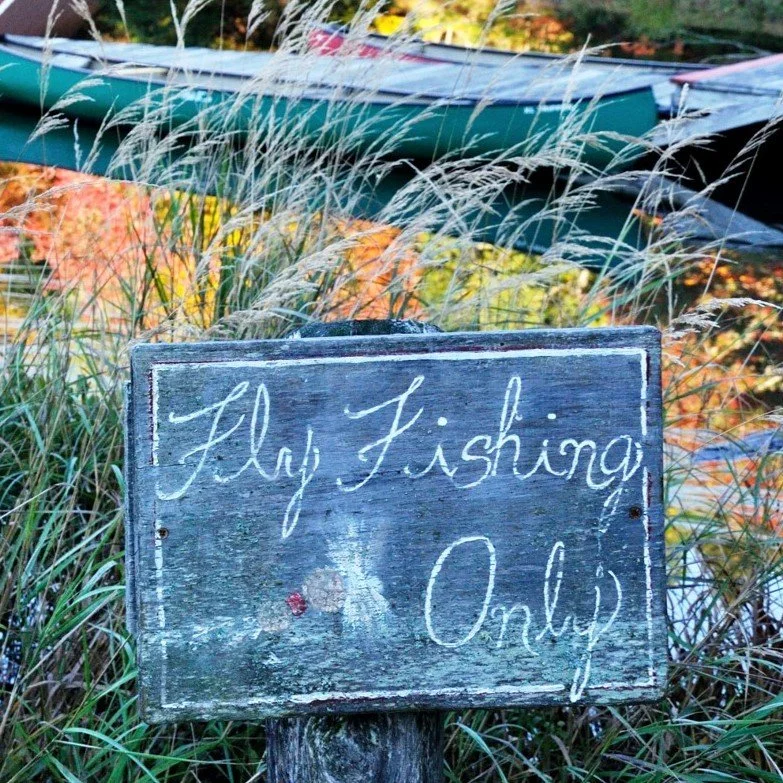
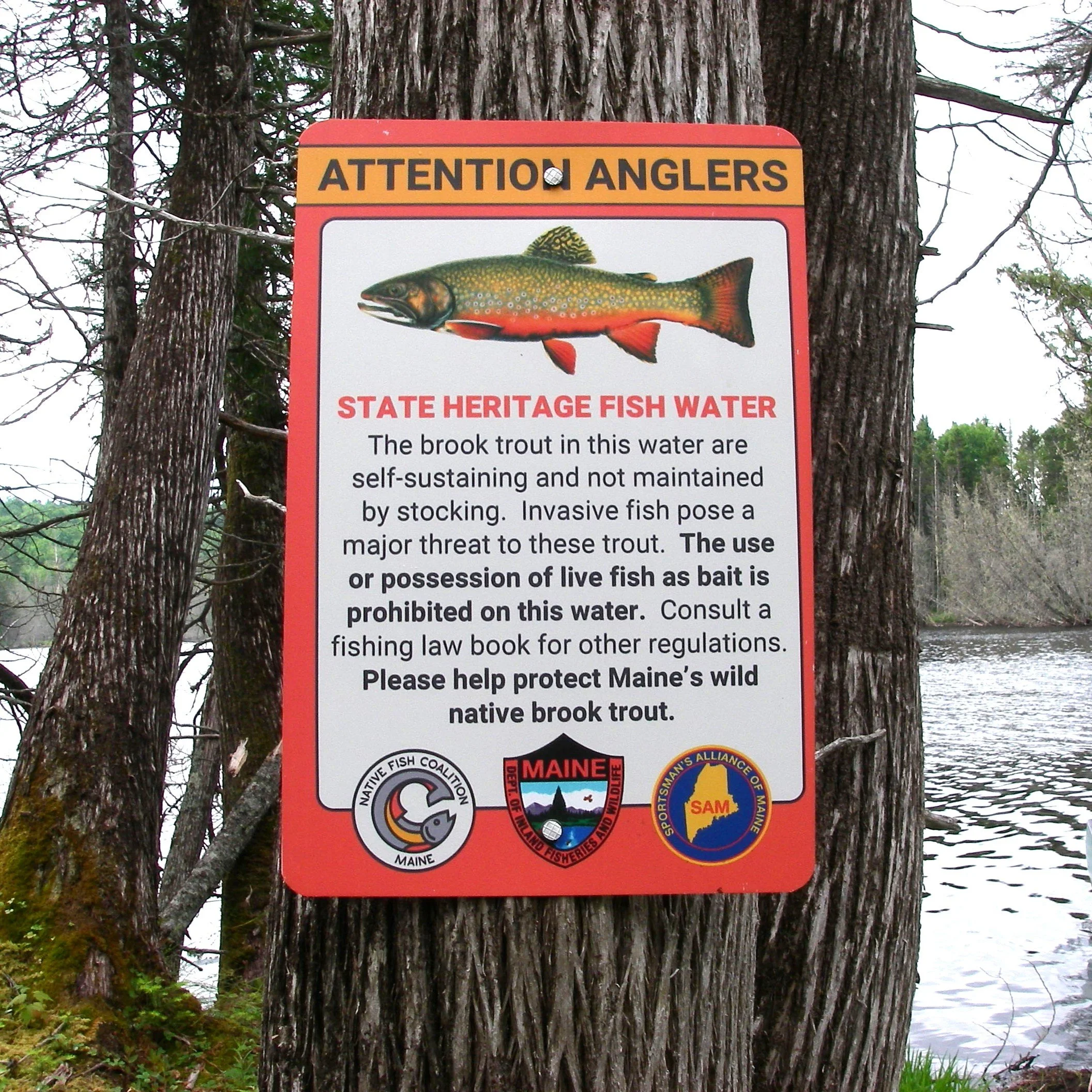




















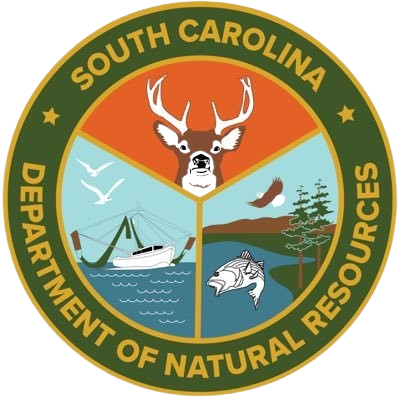











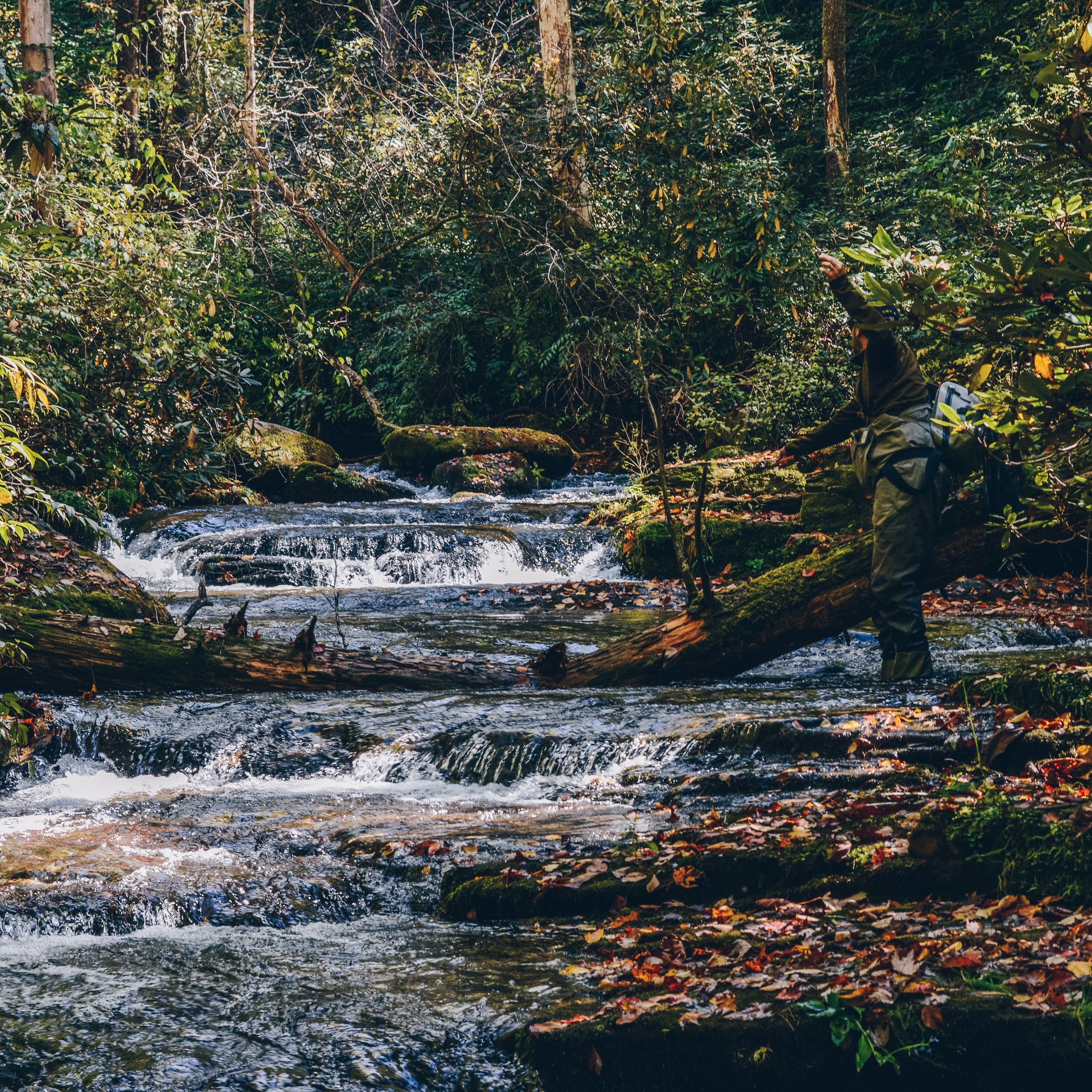
































































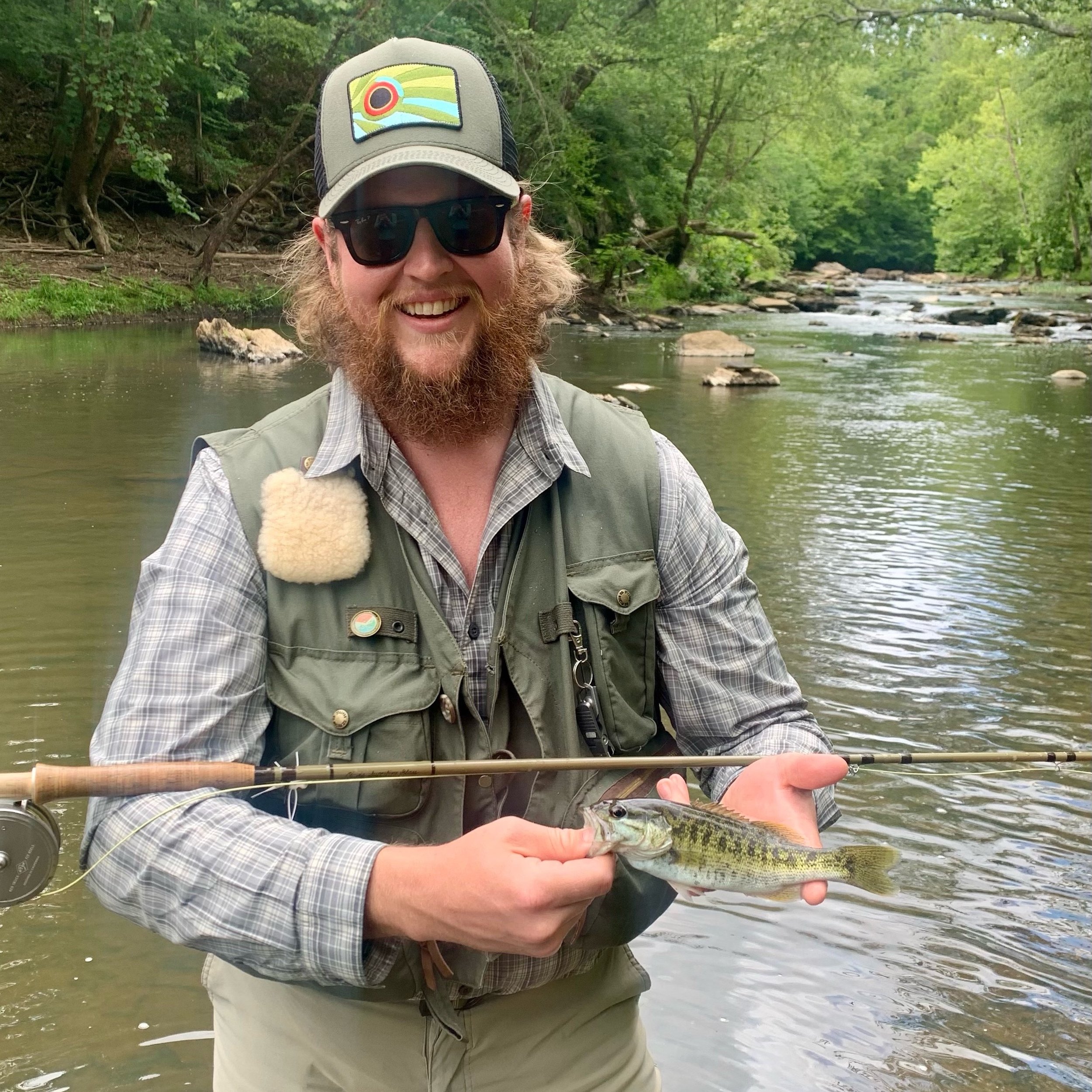











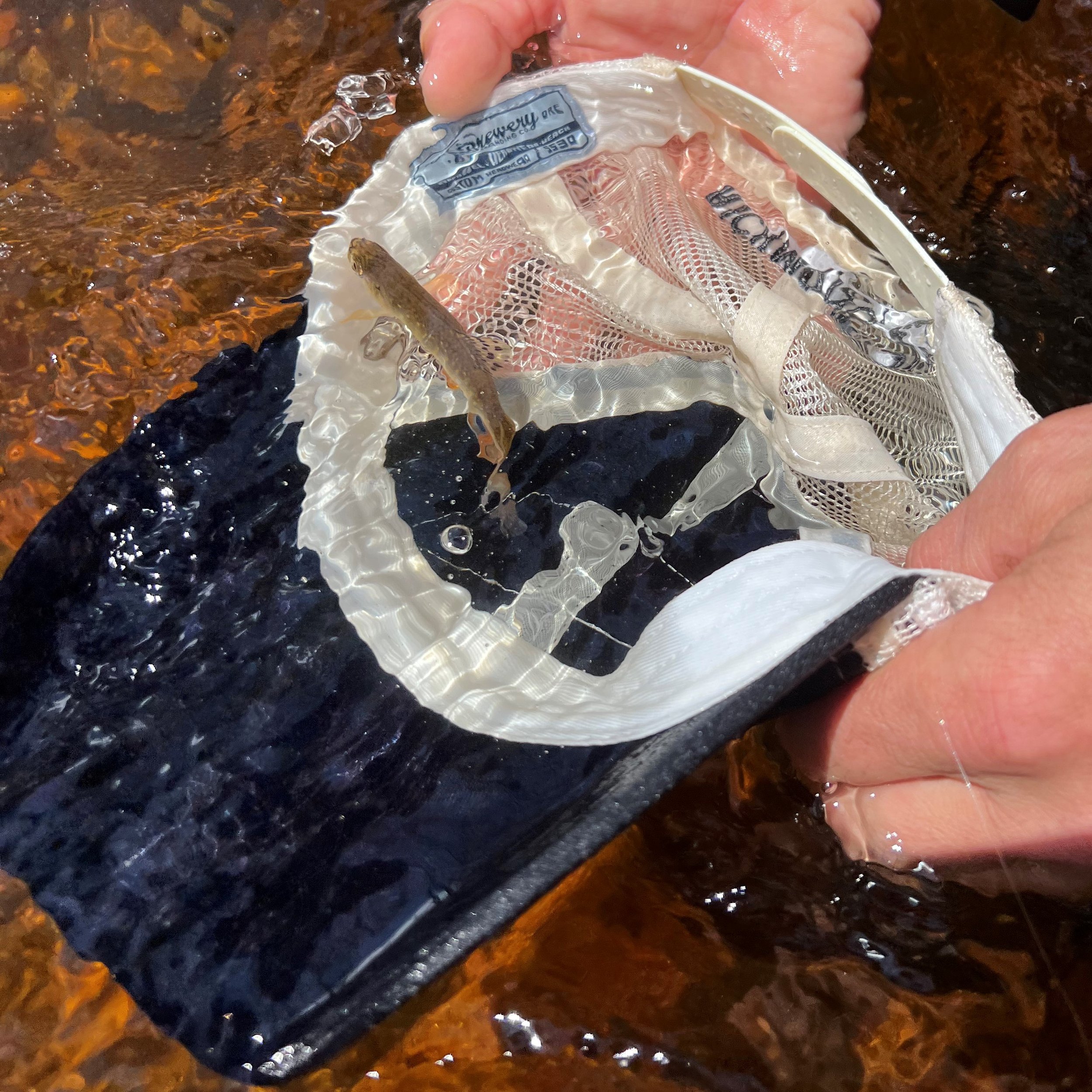








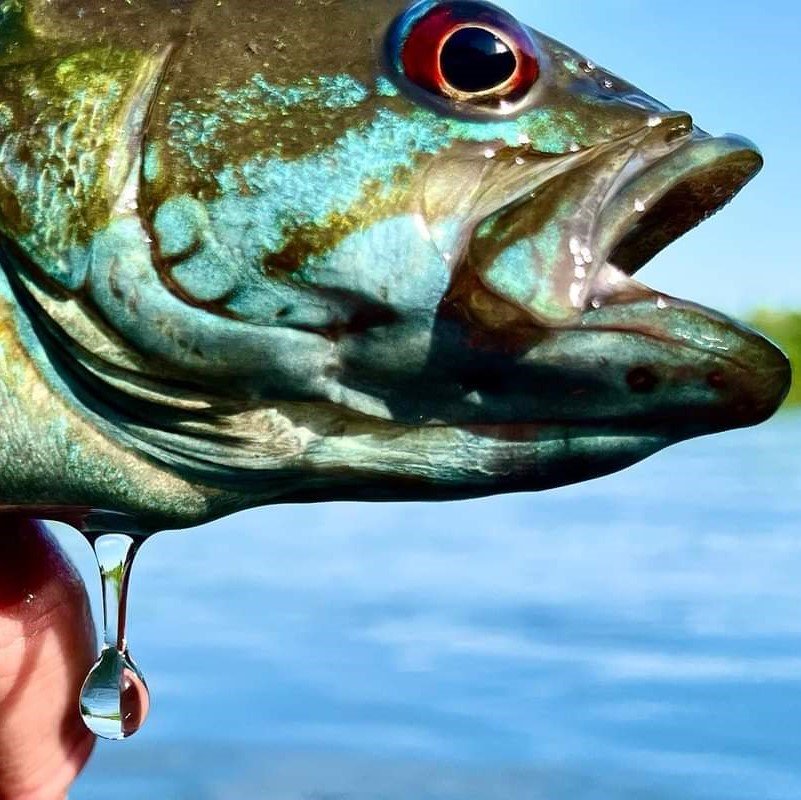











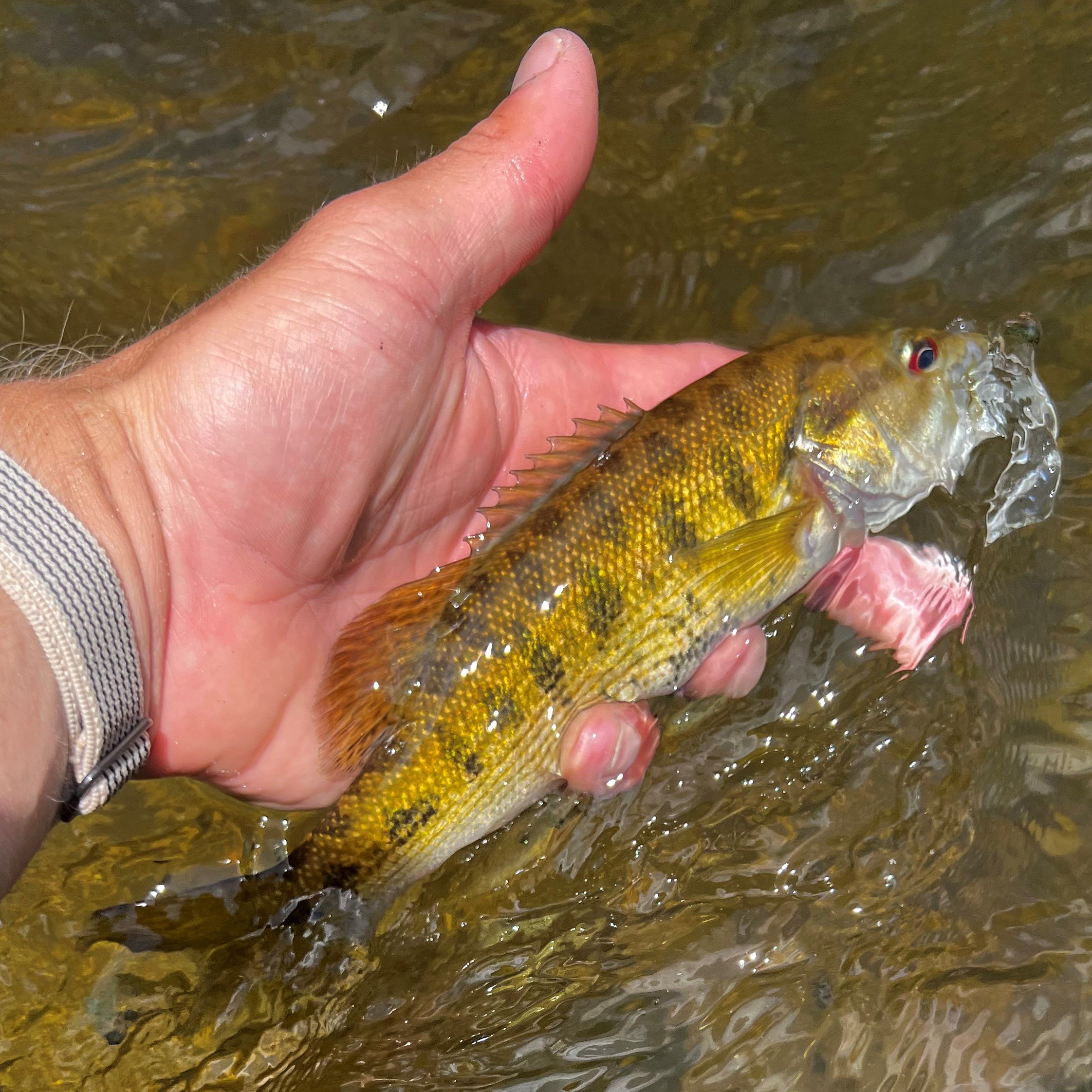
























SCOTT KEENER, a Georgia native, moved to South Carolina…